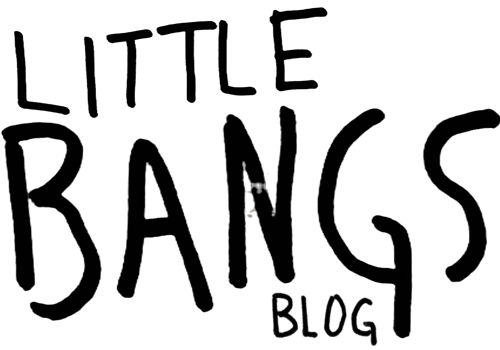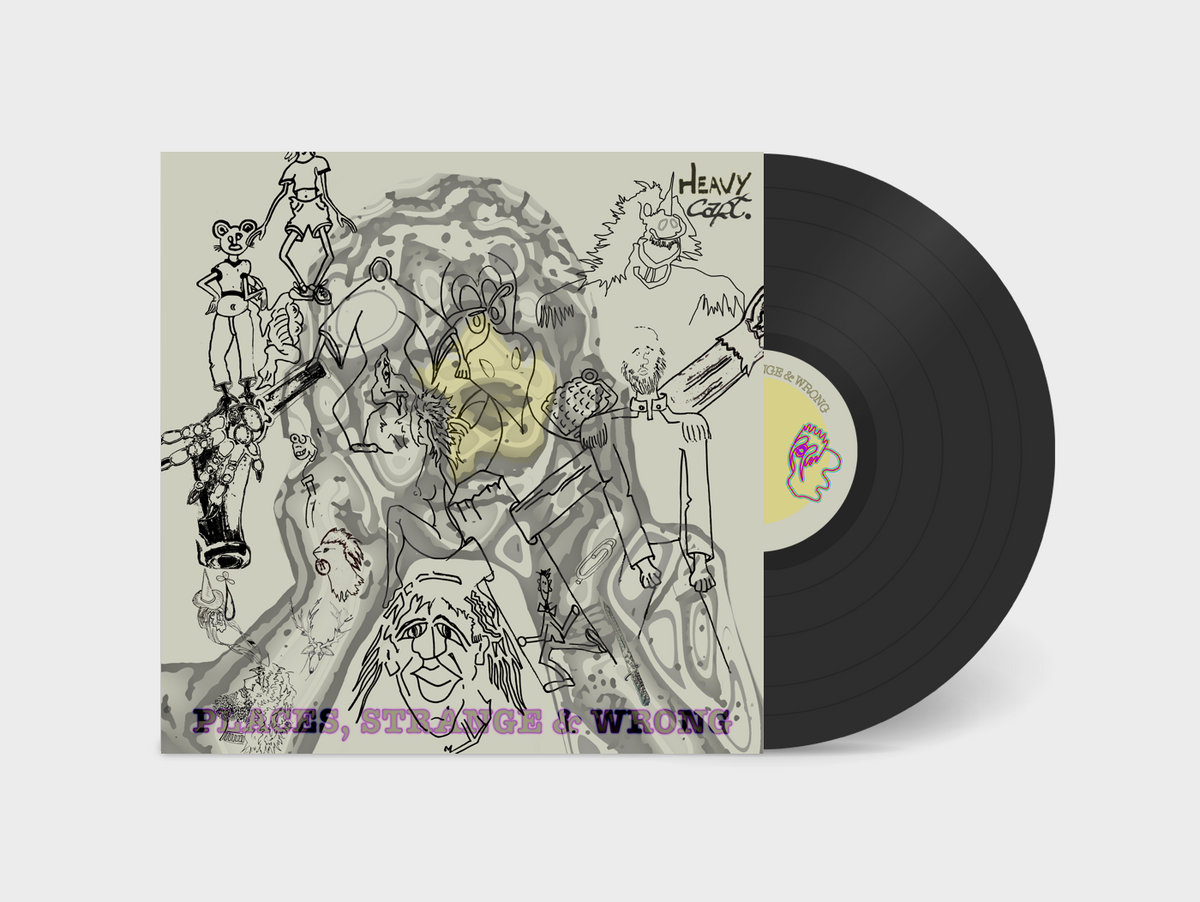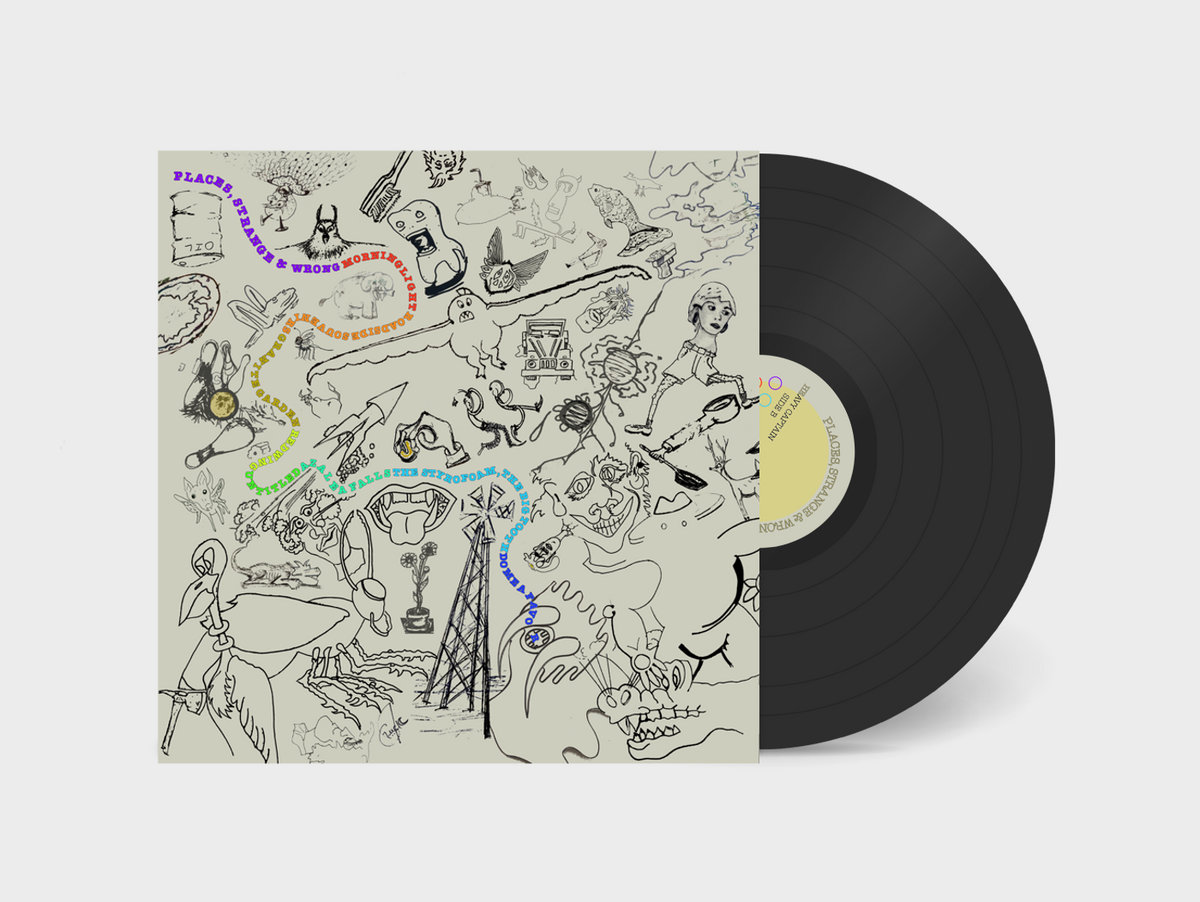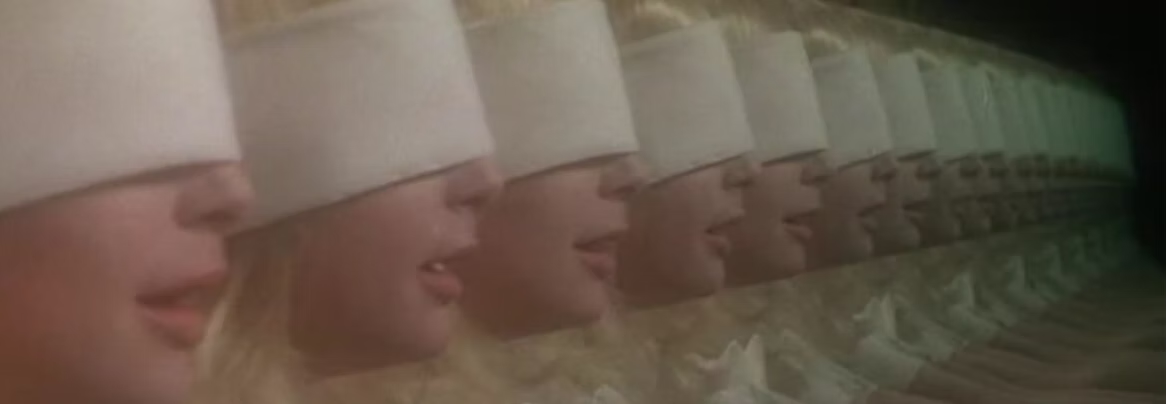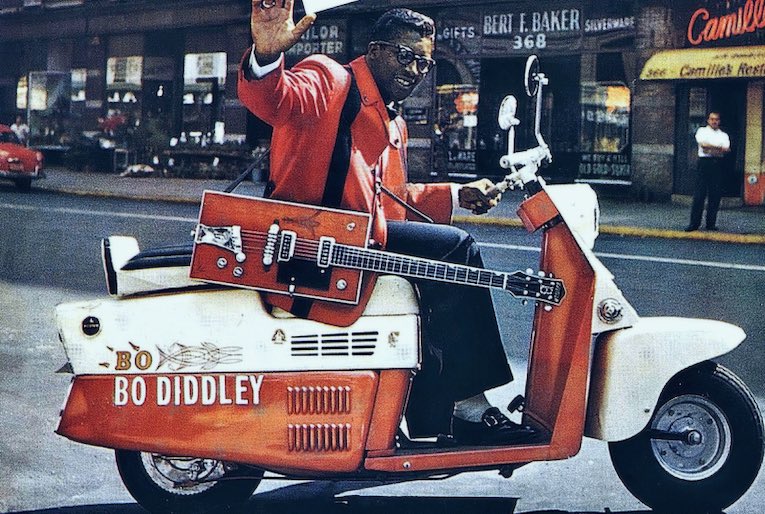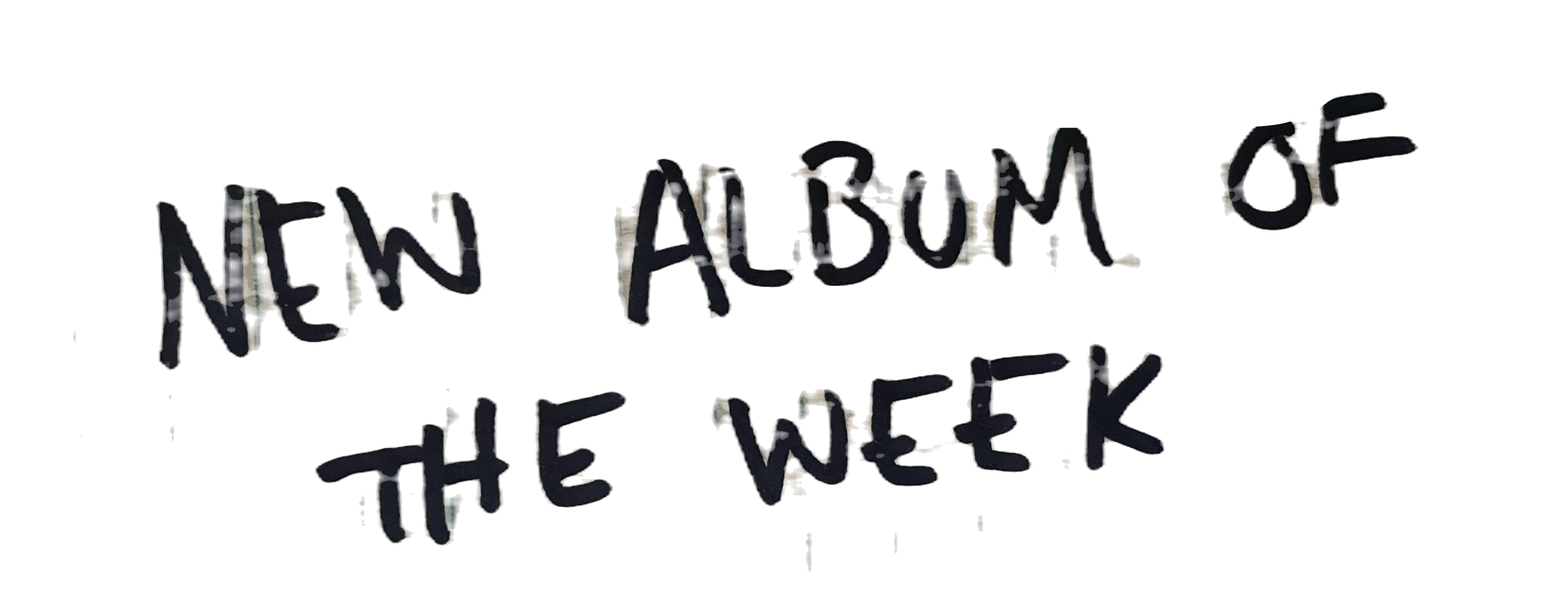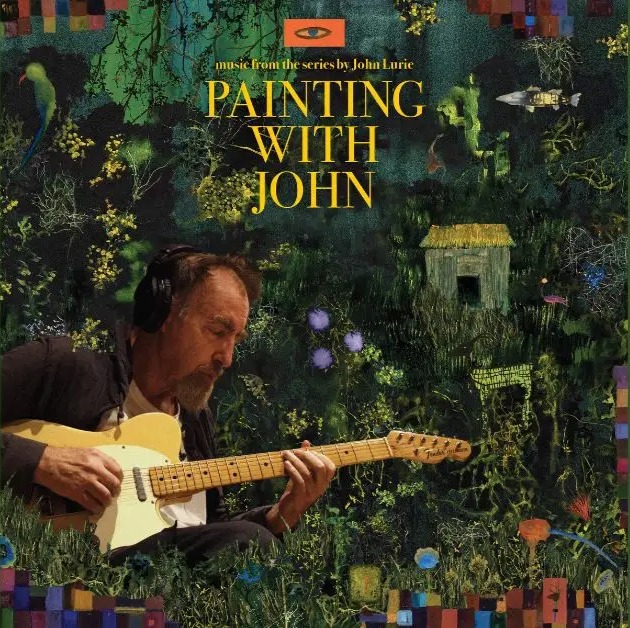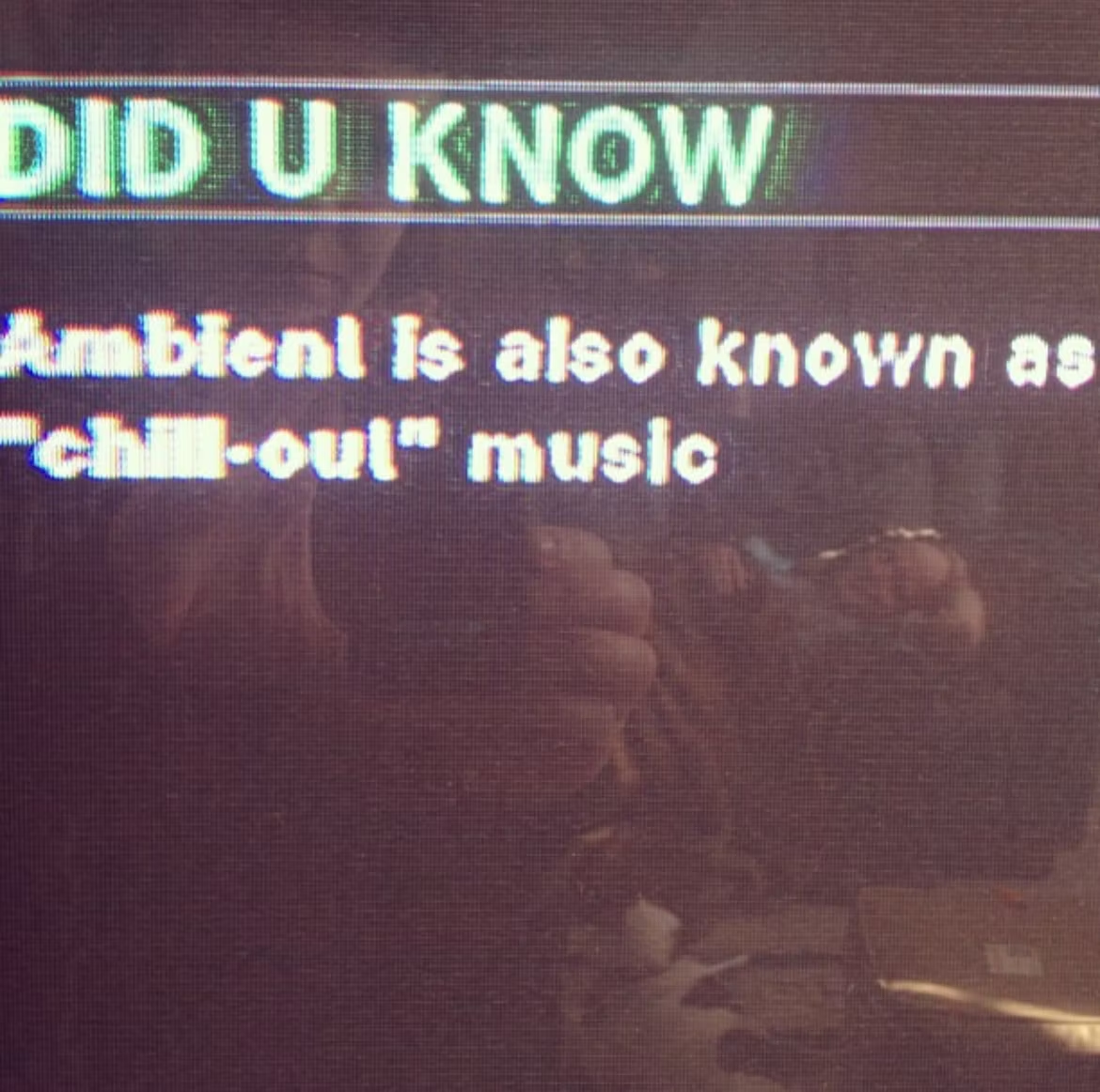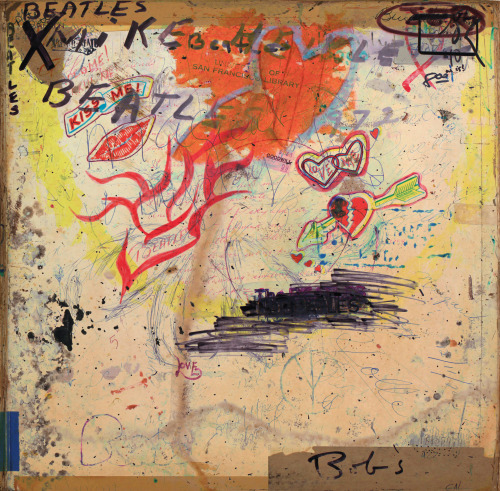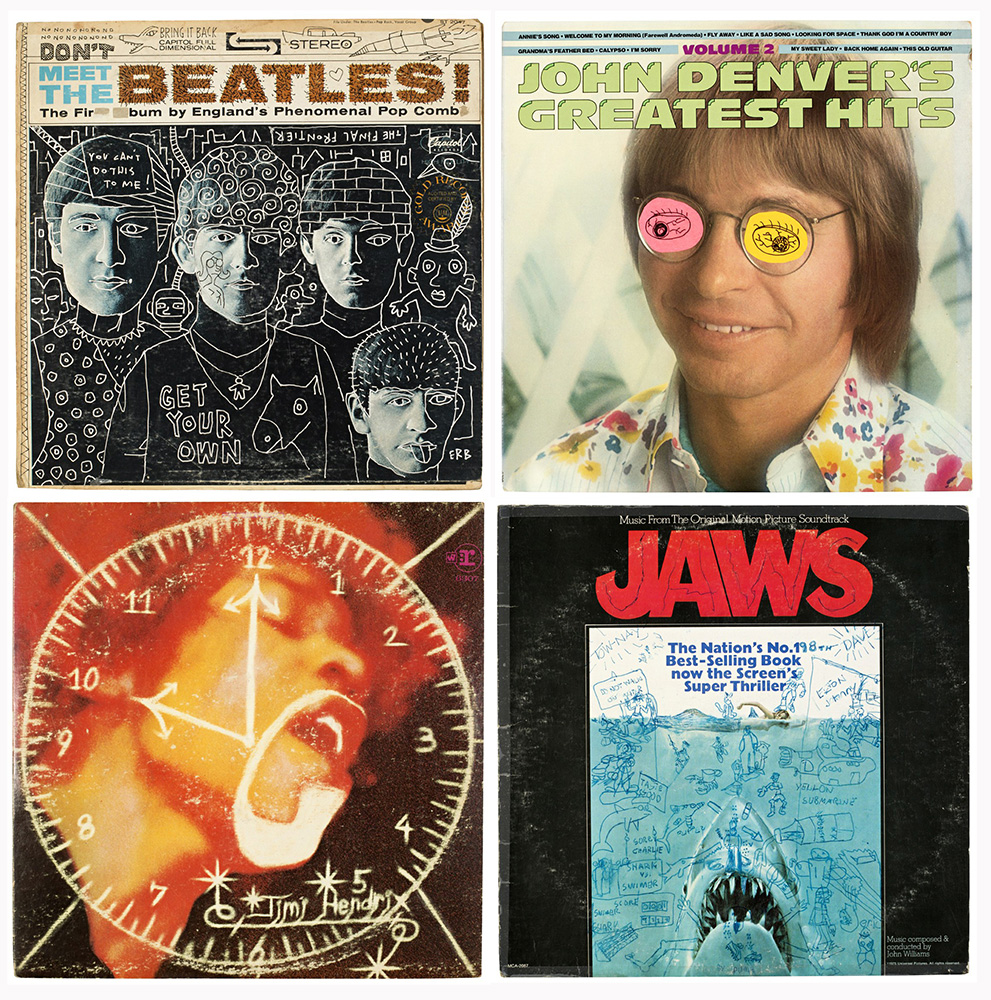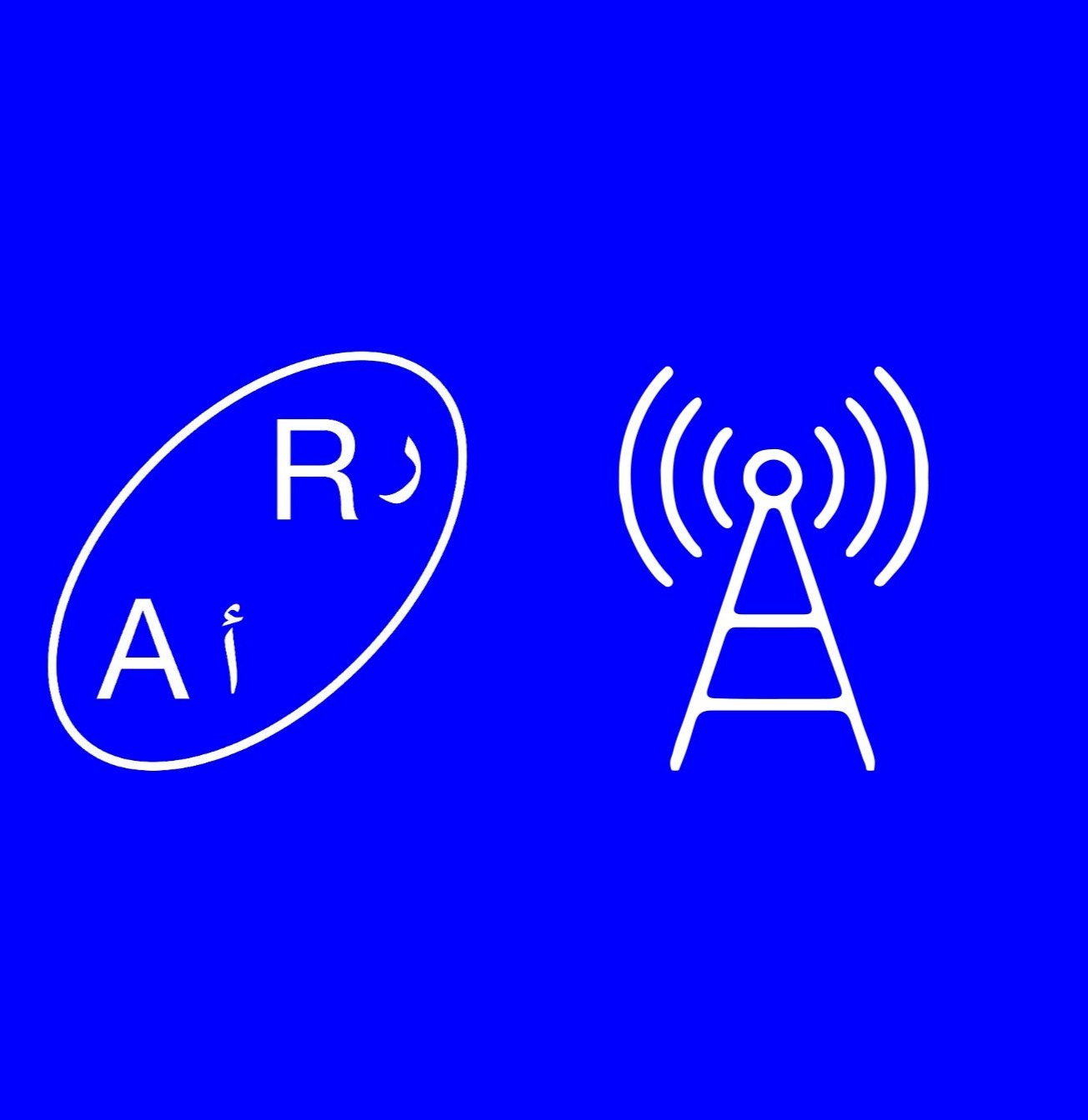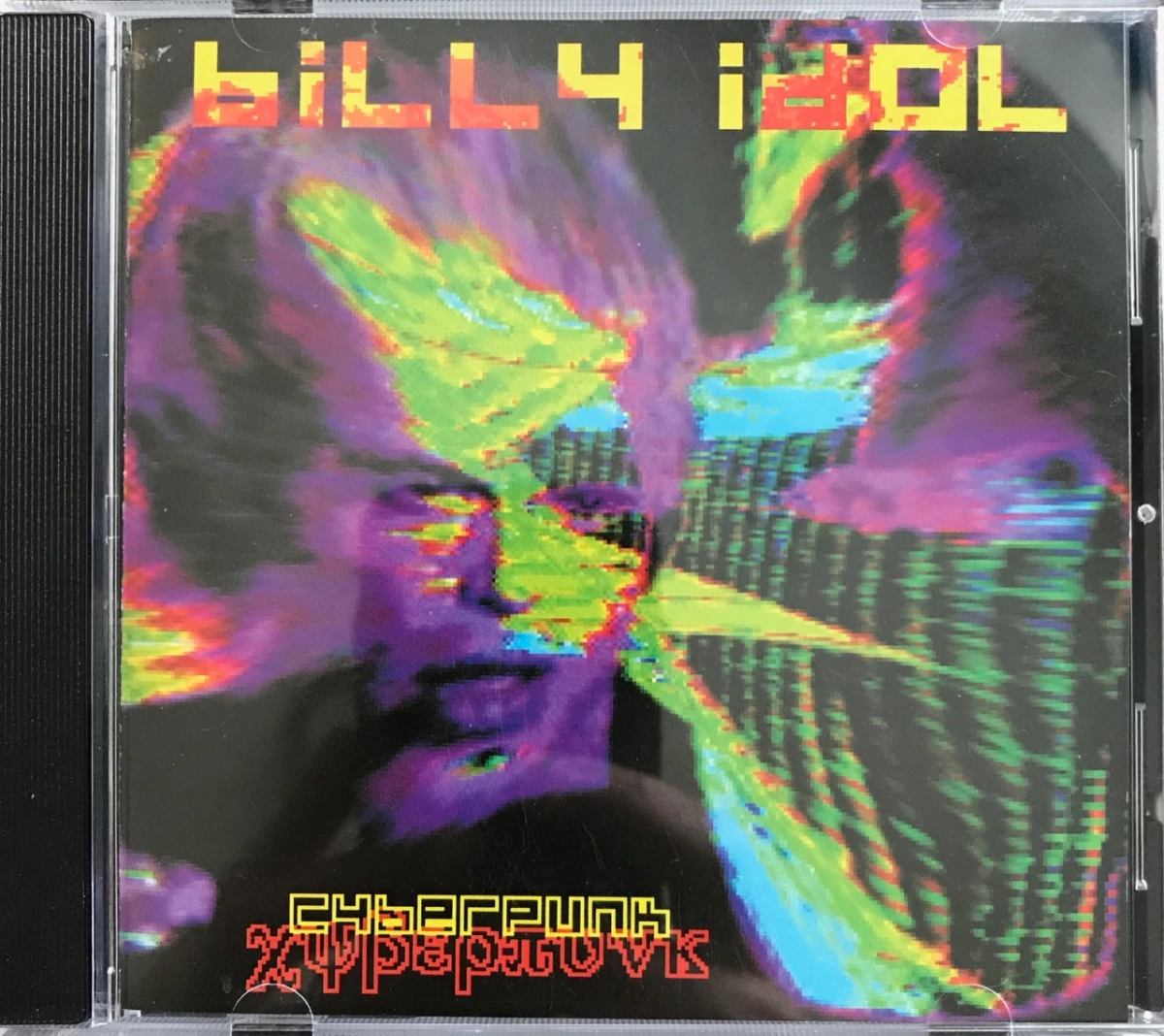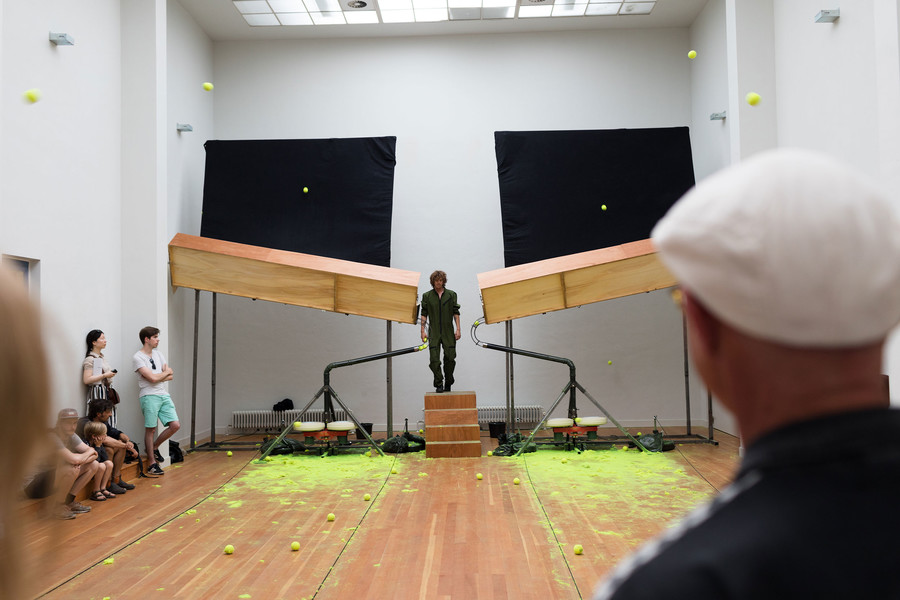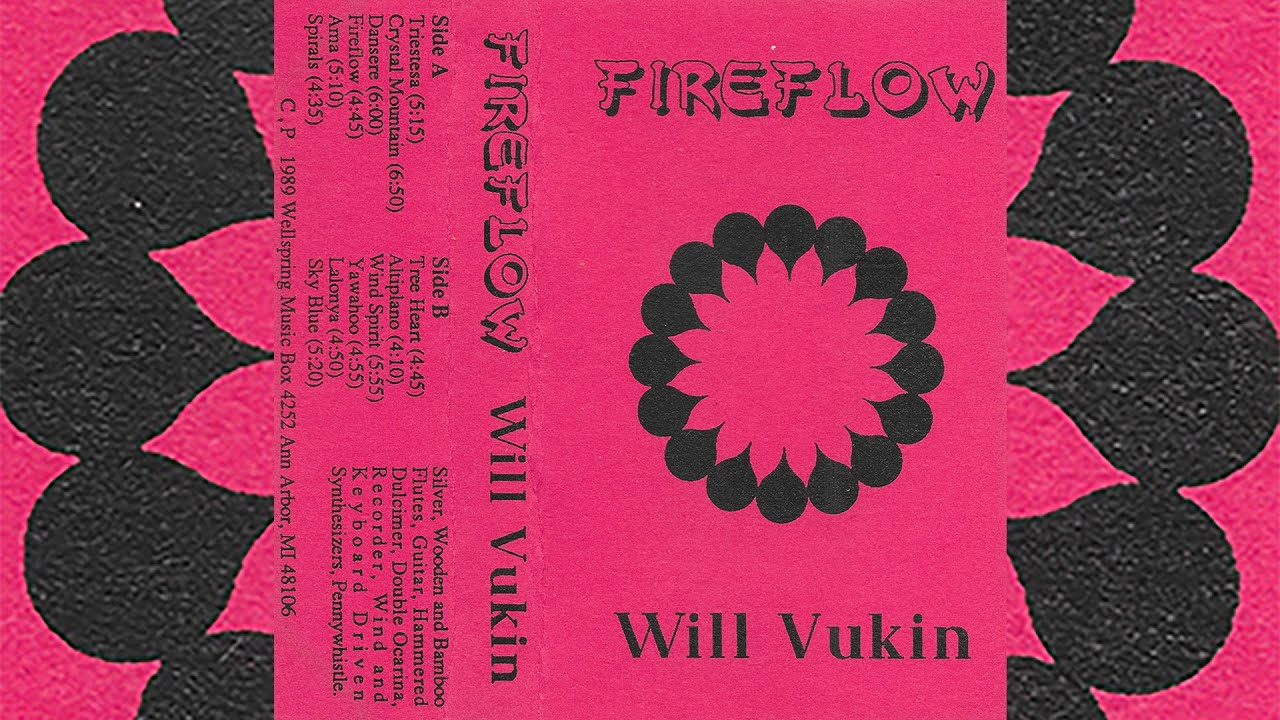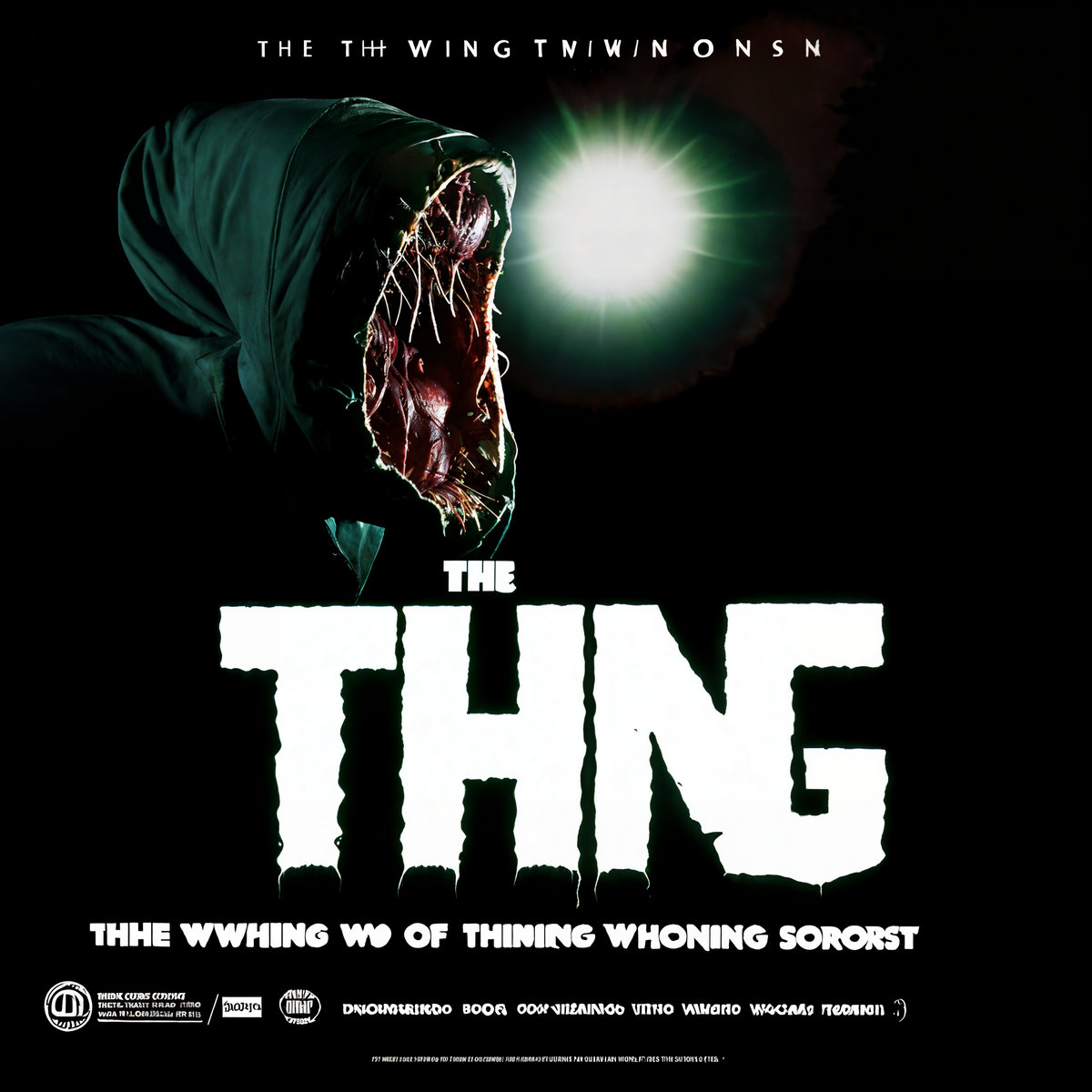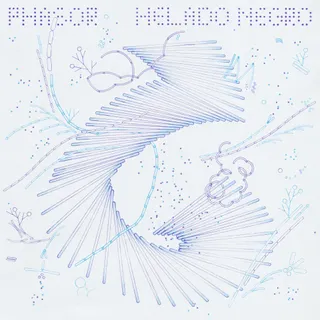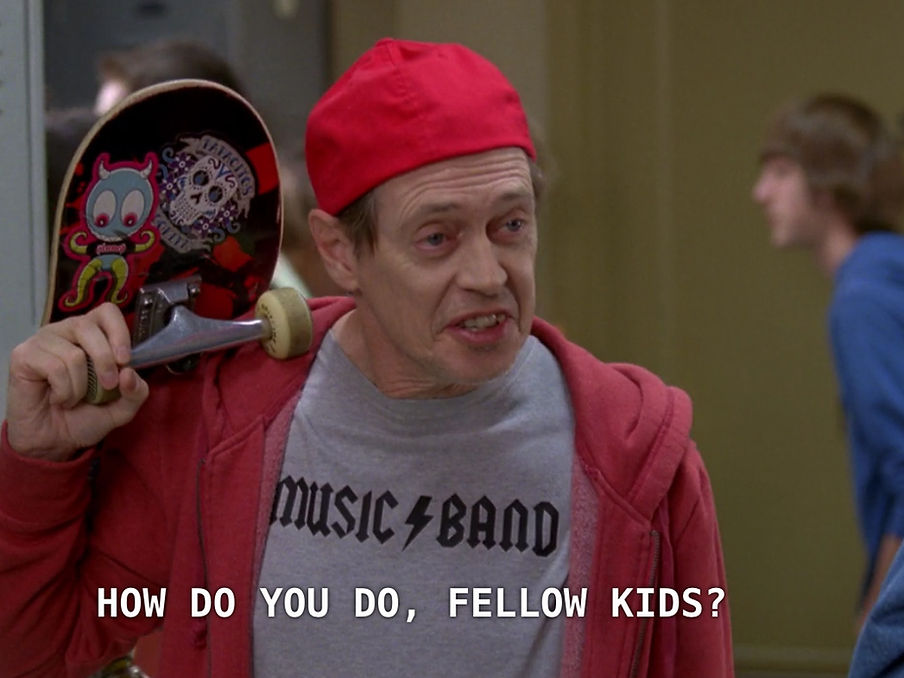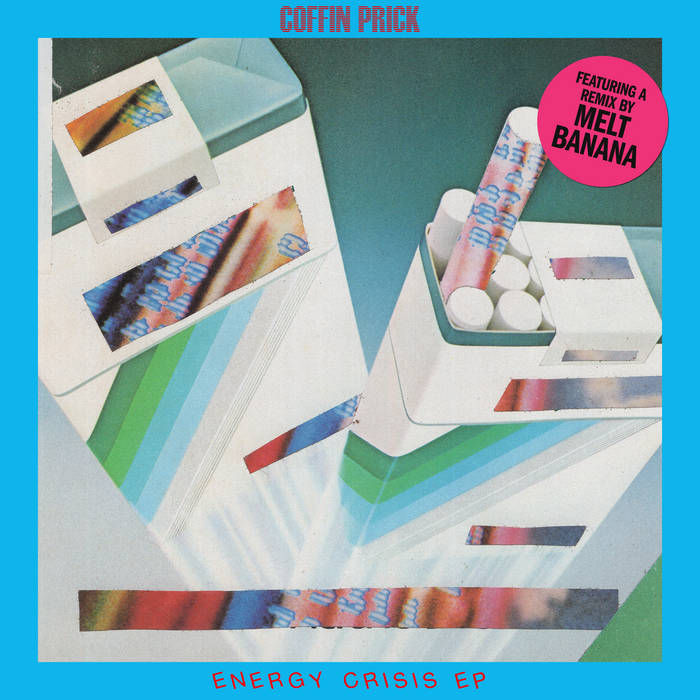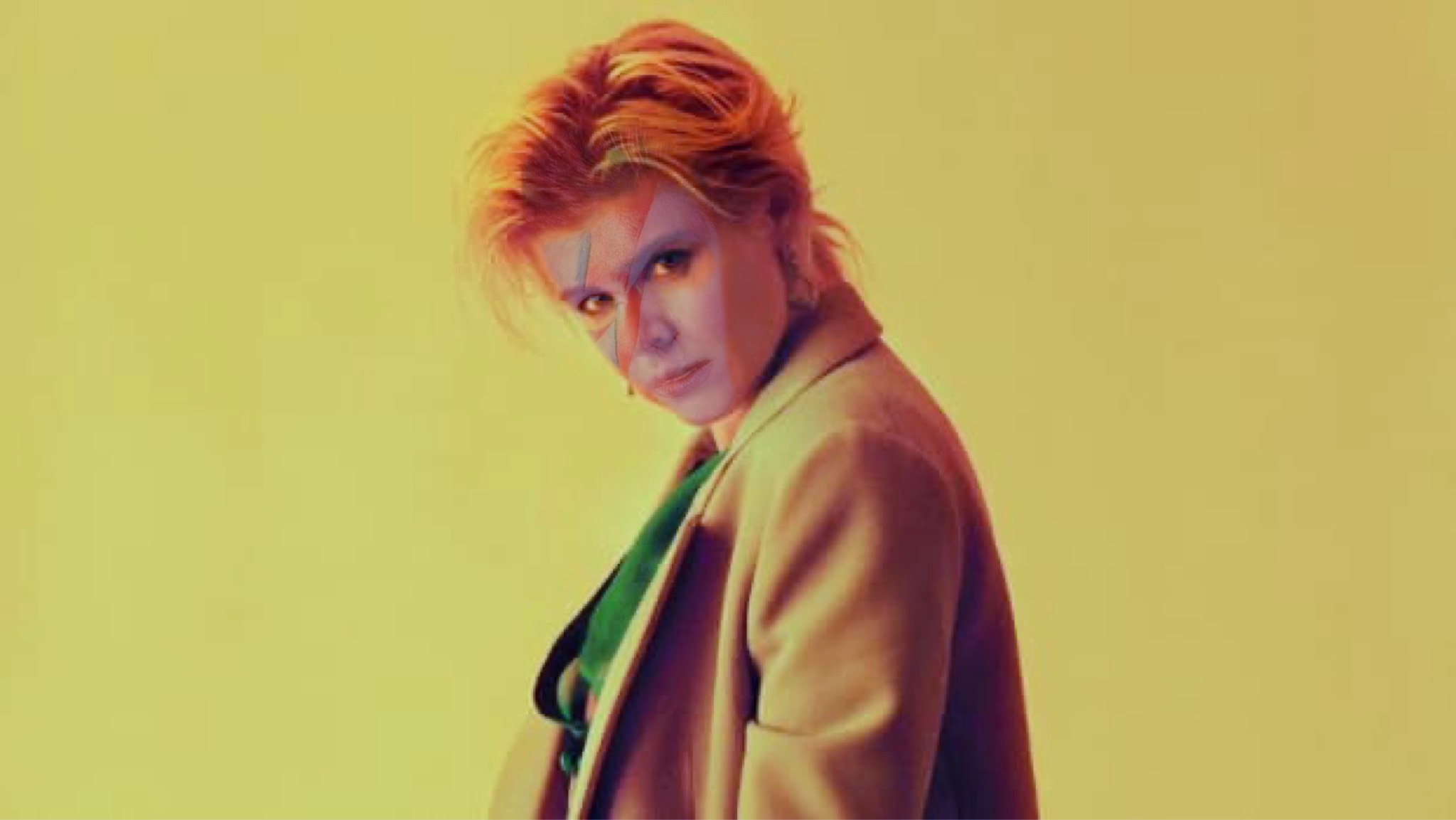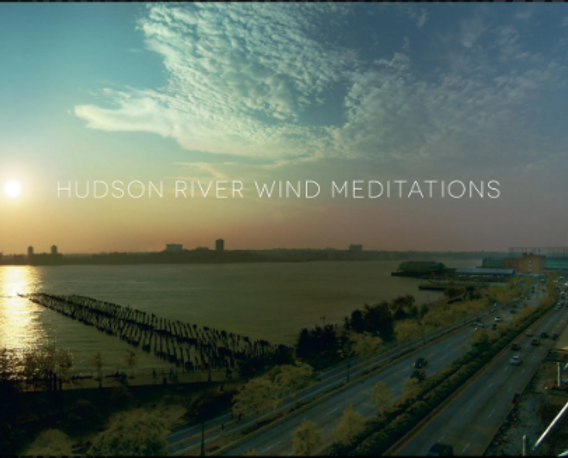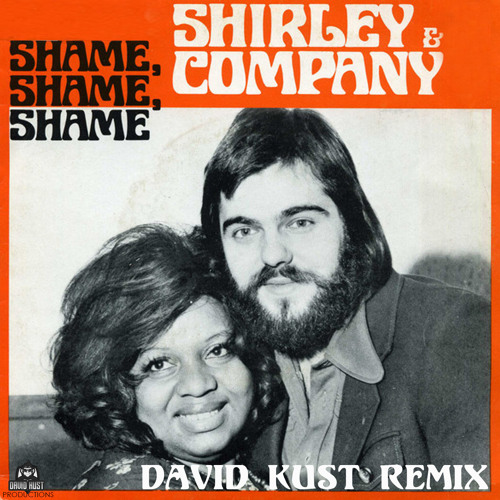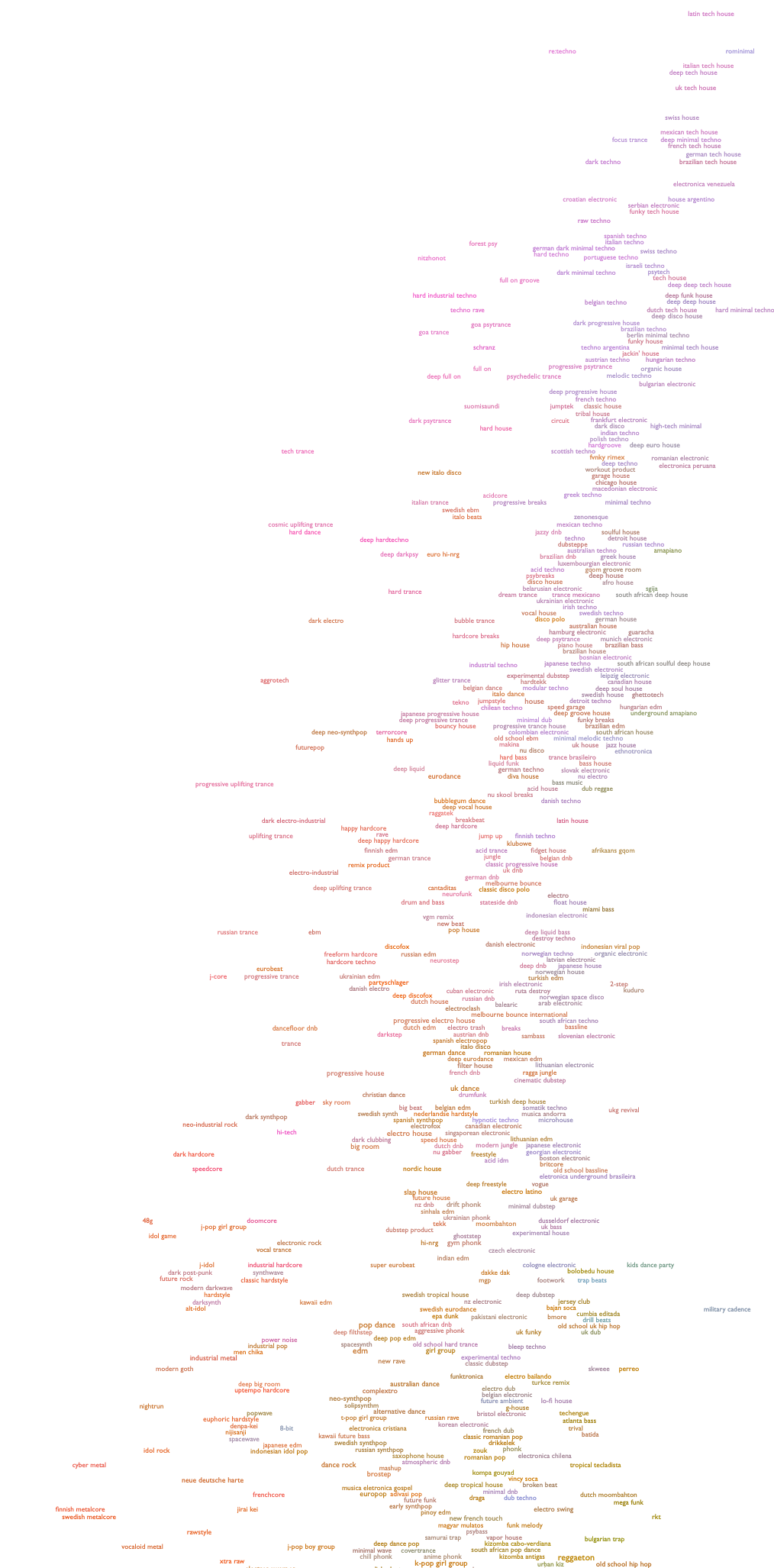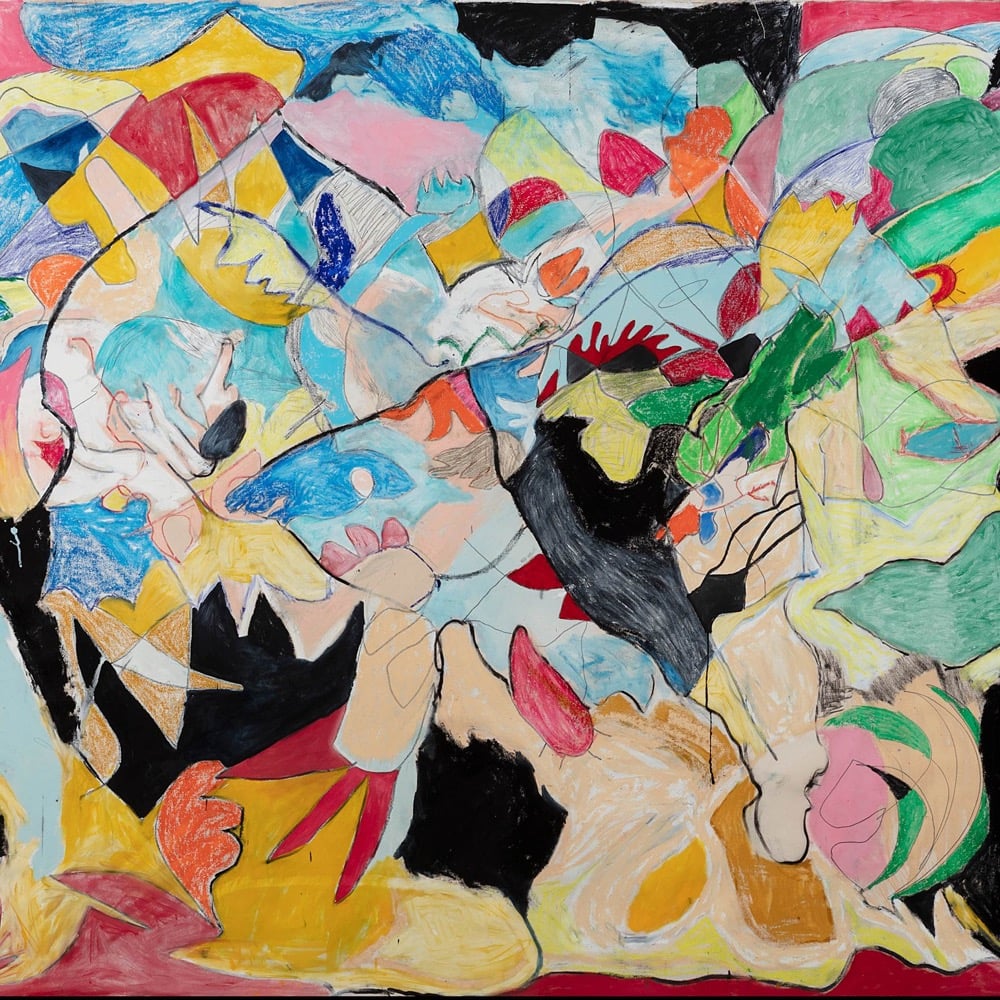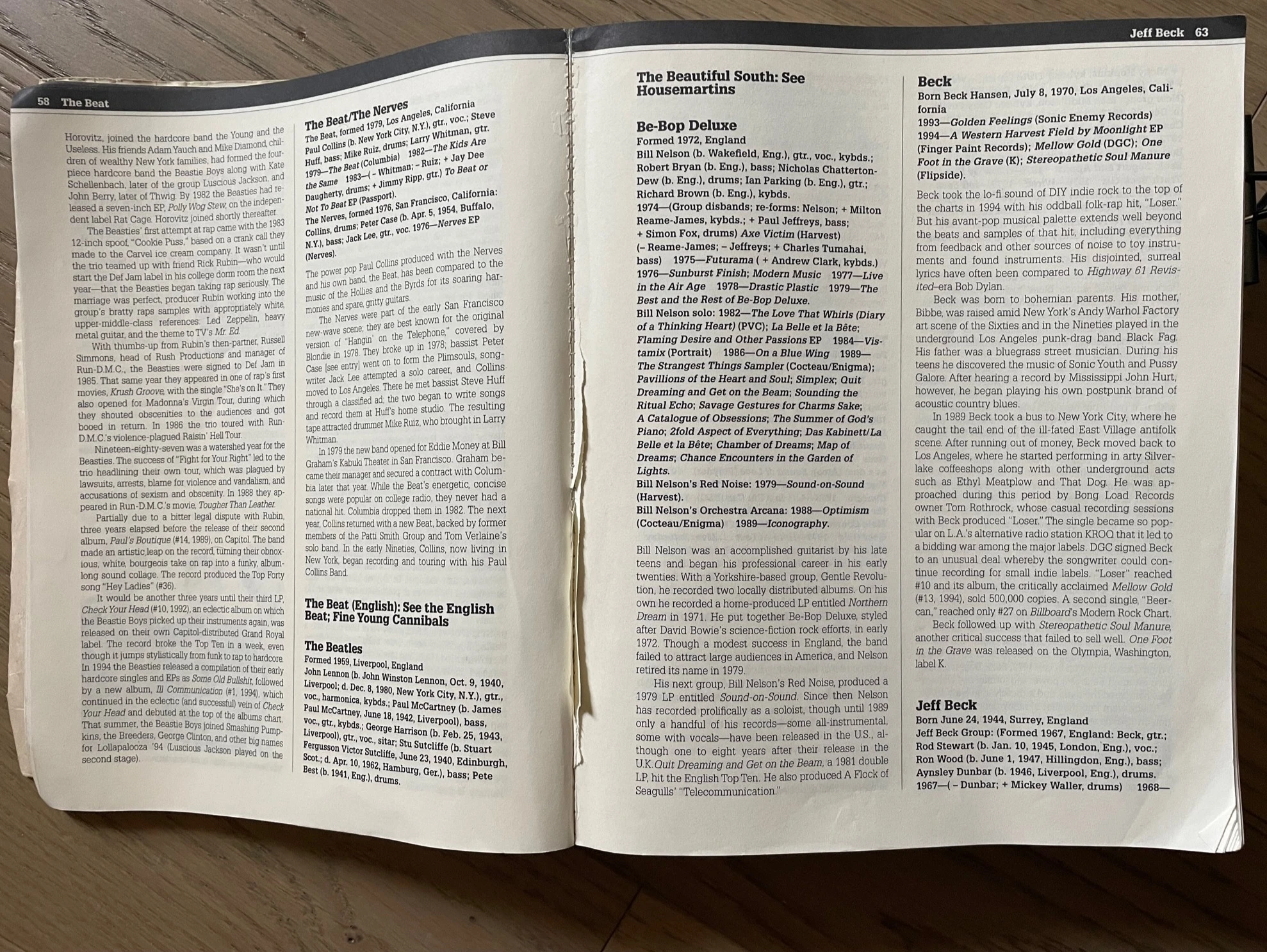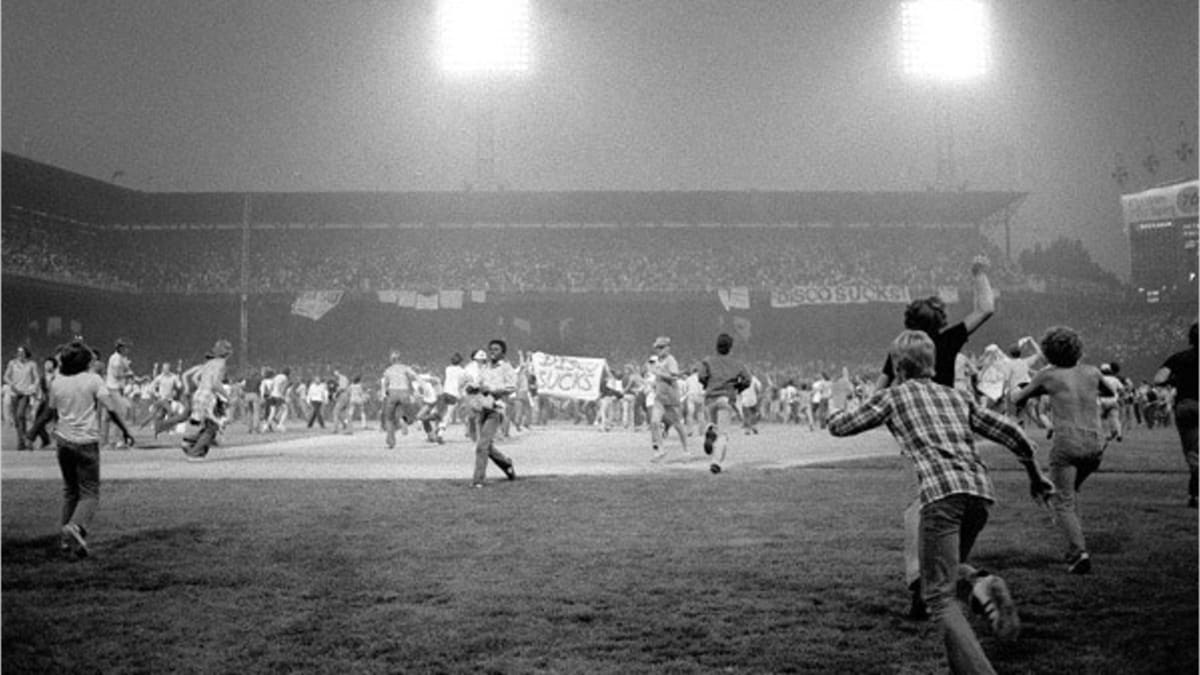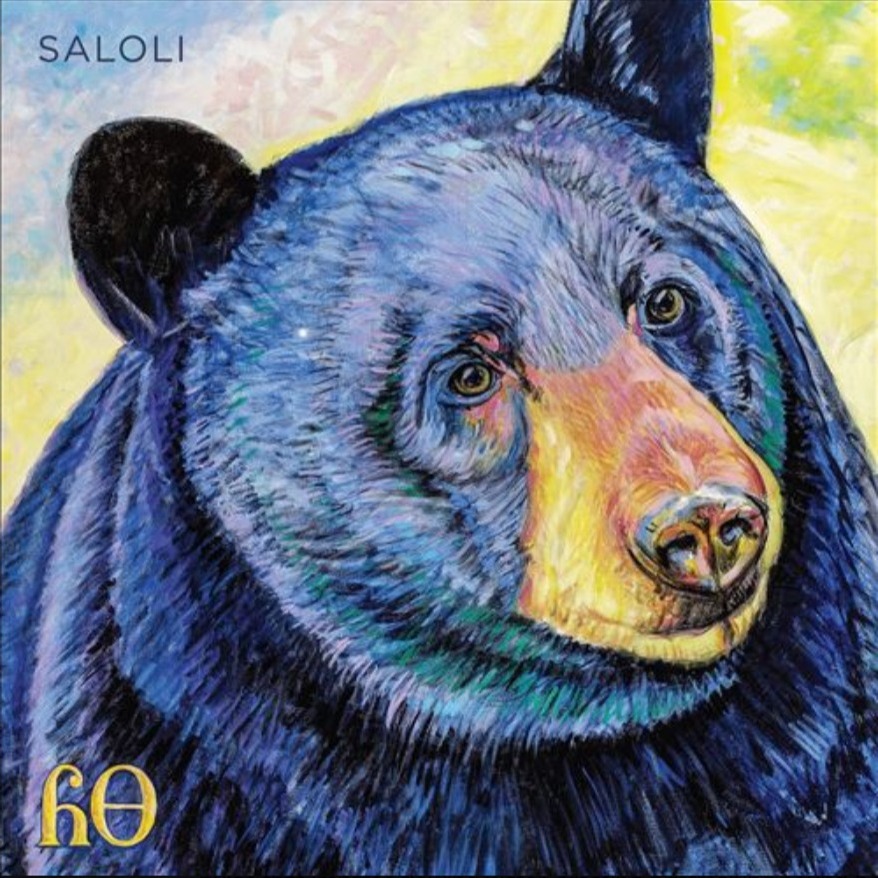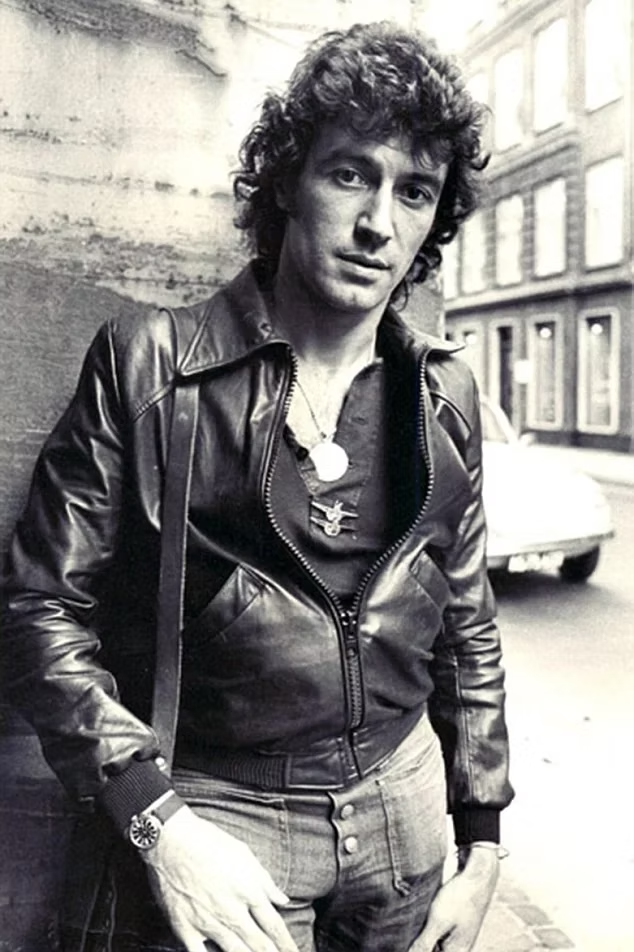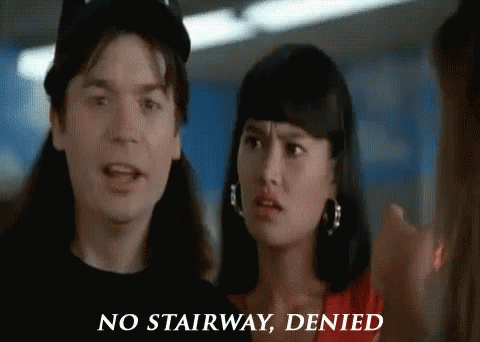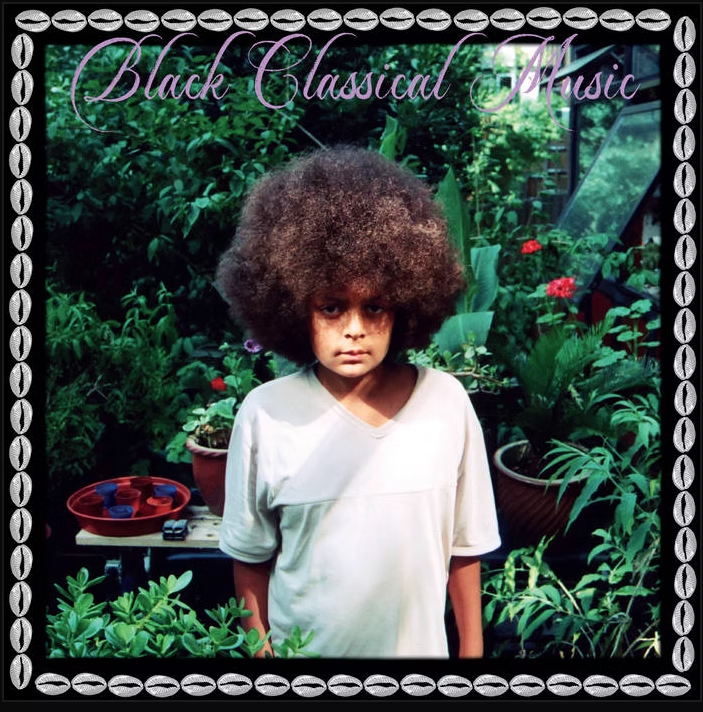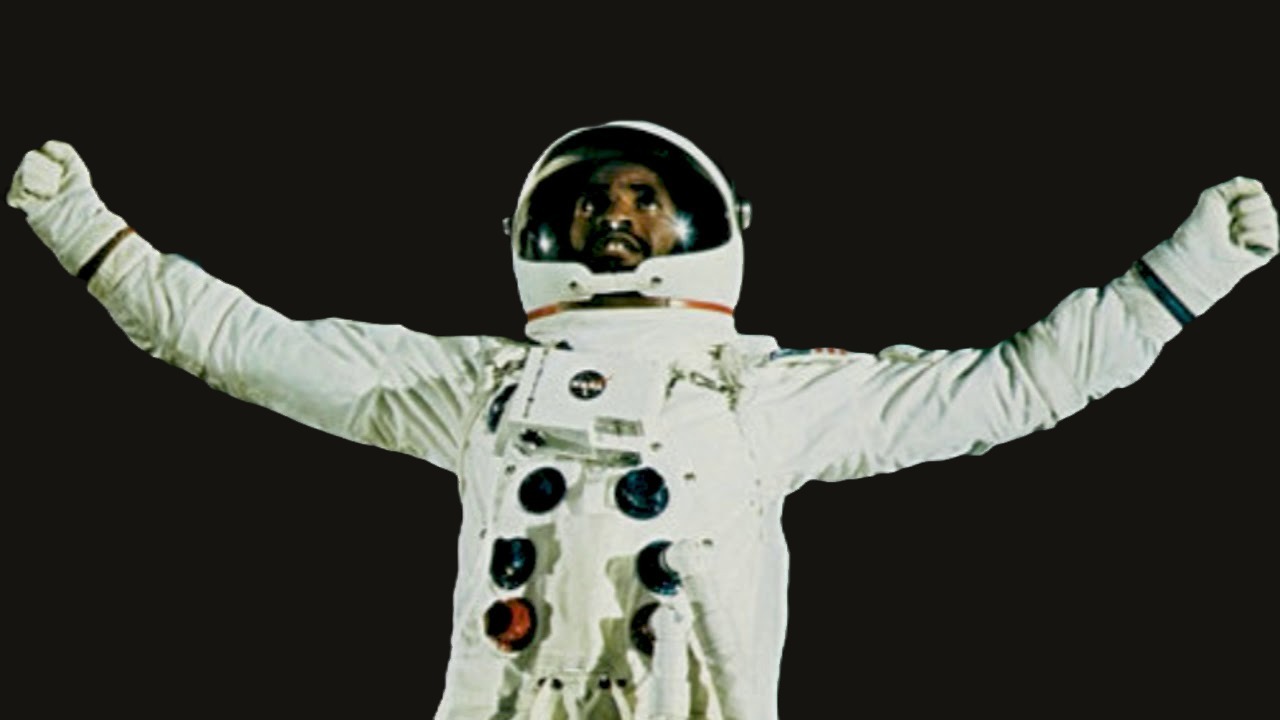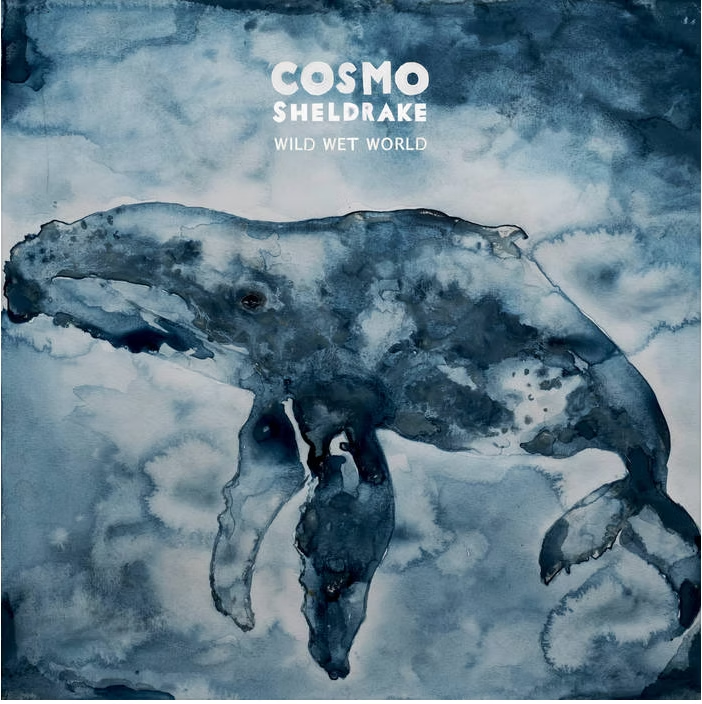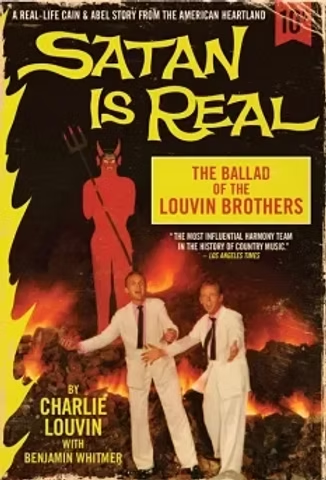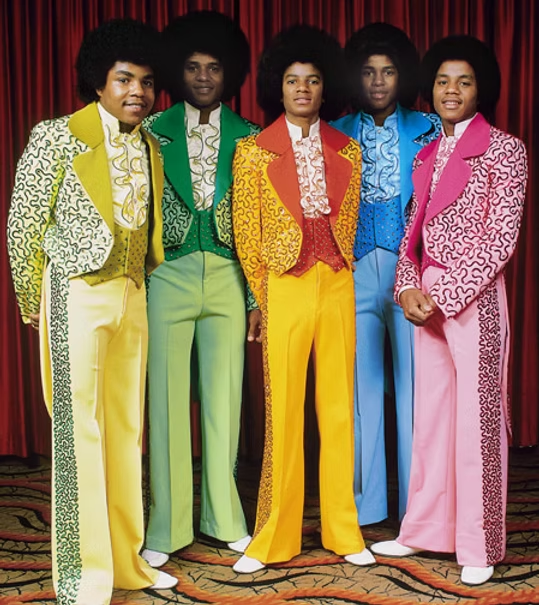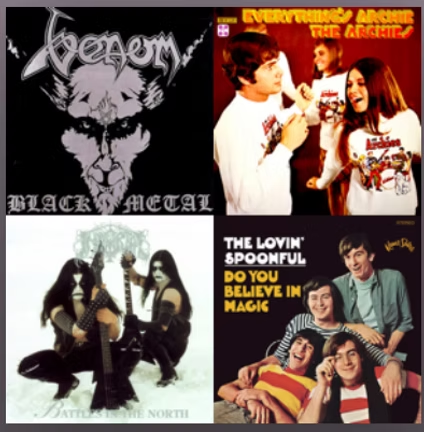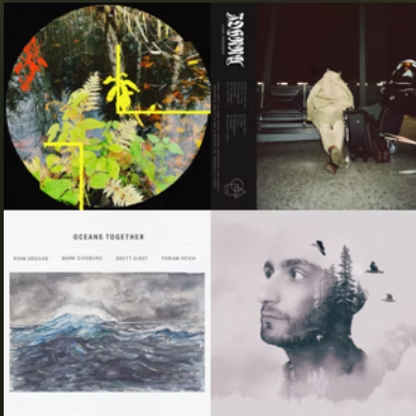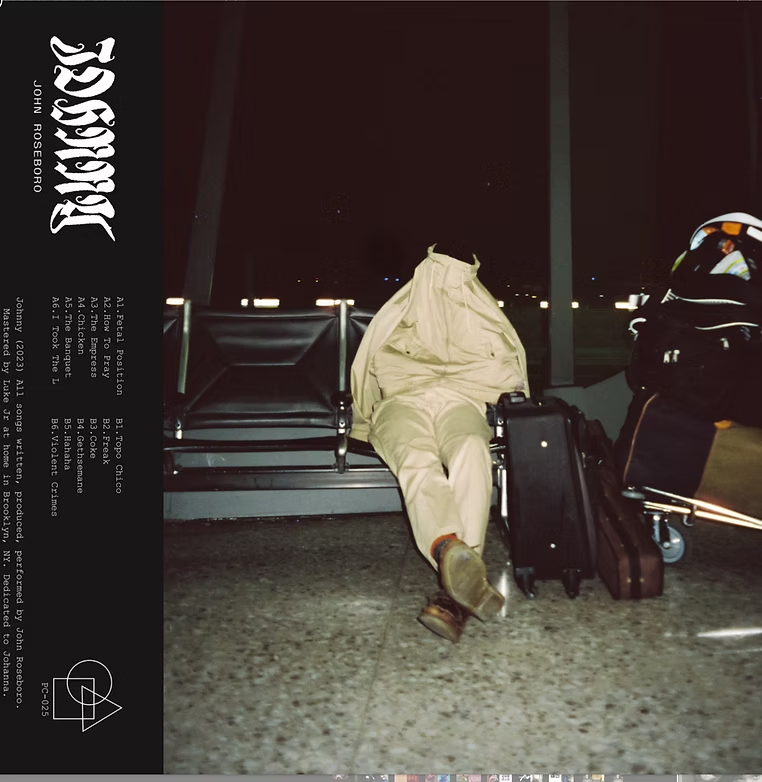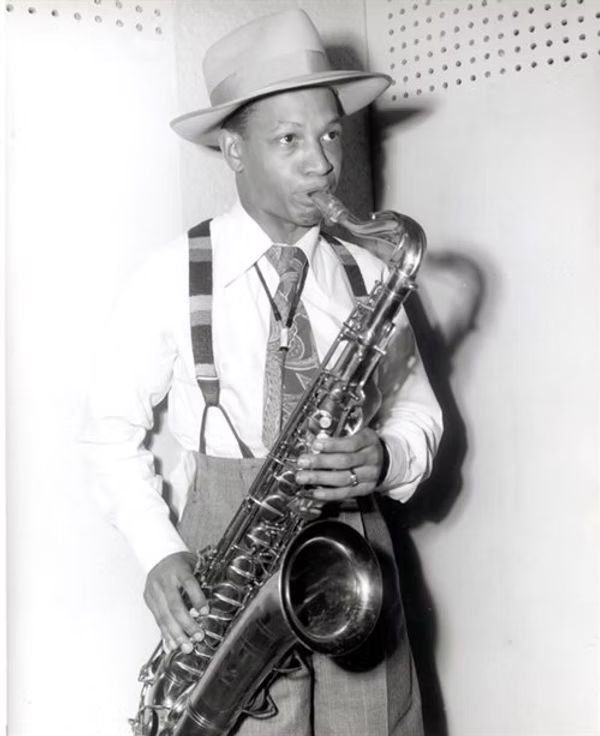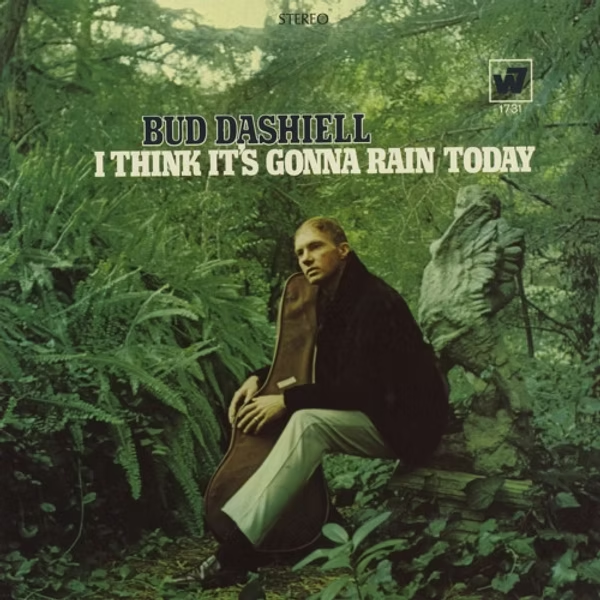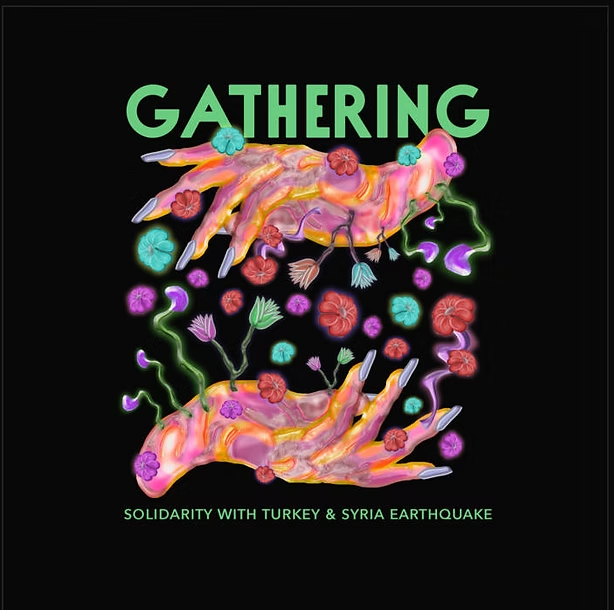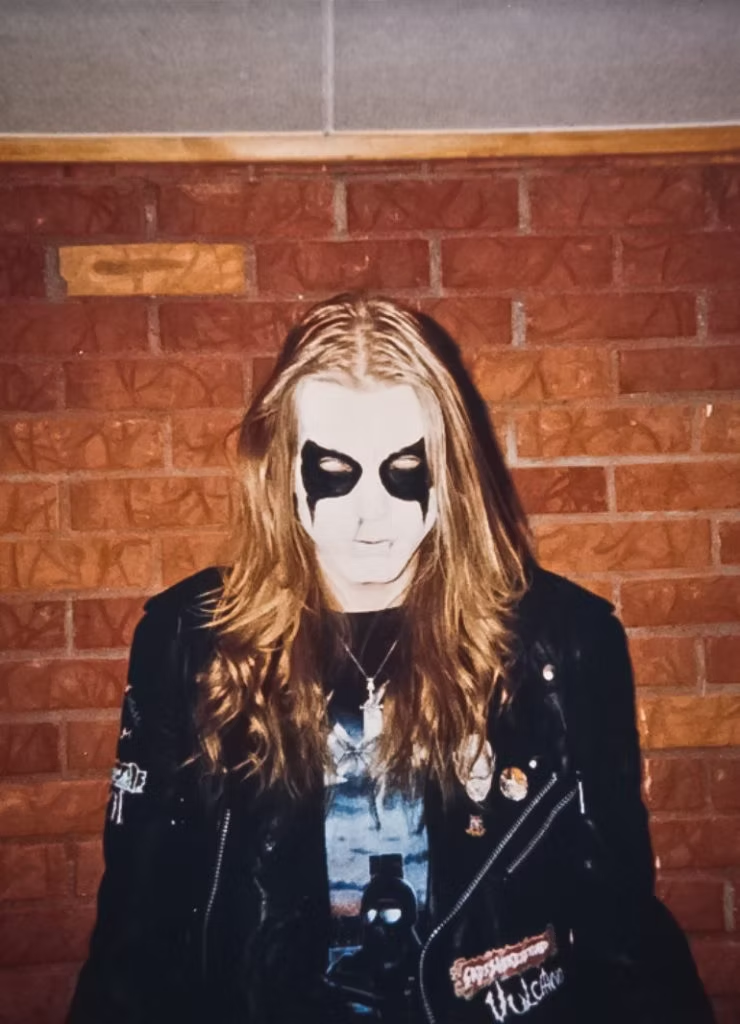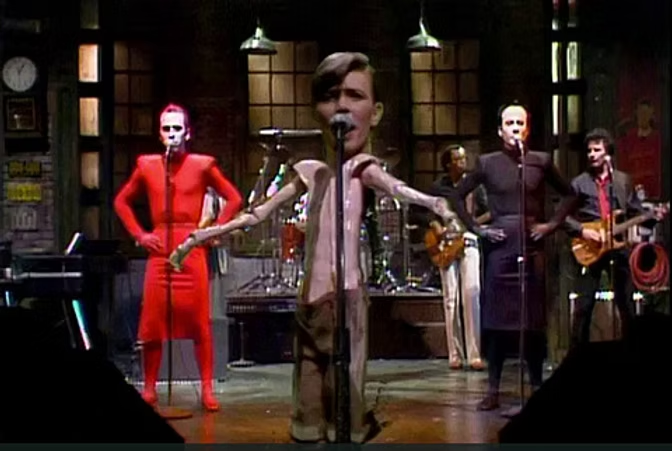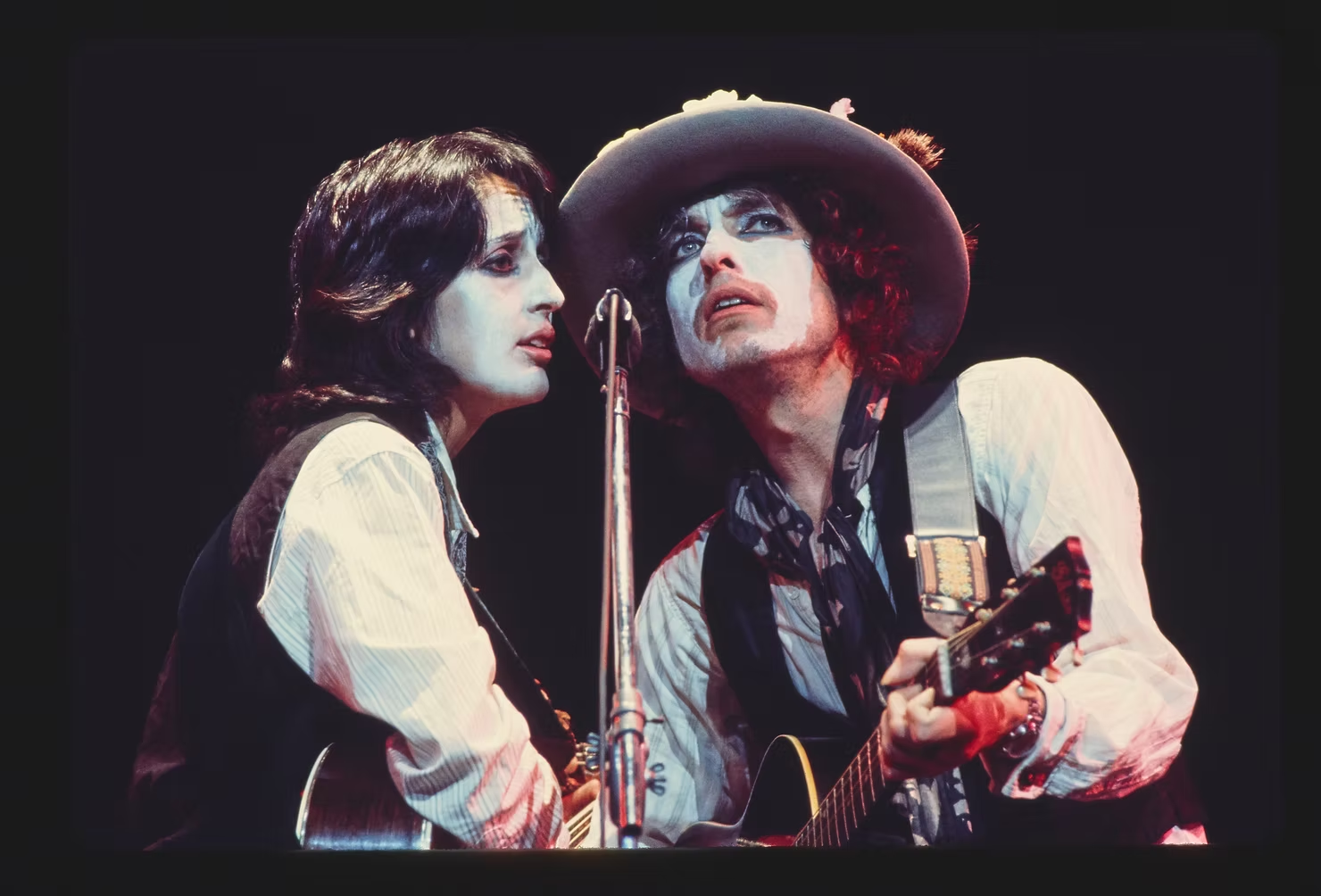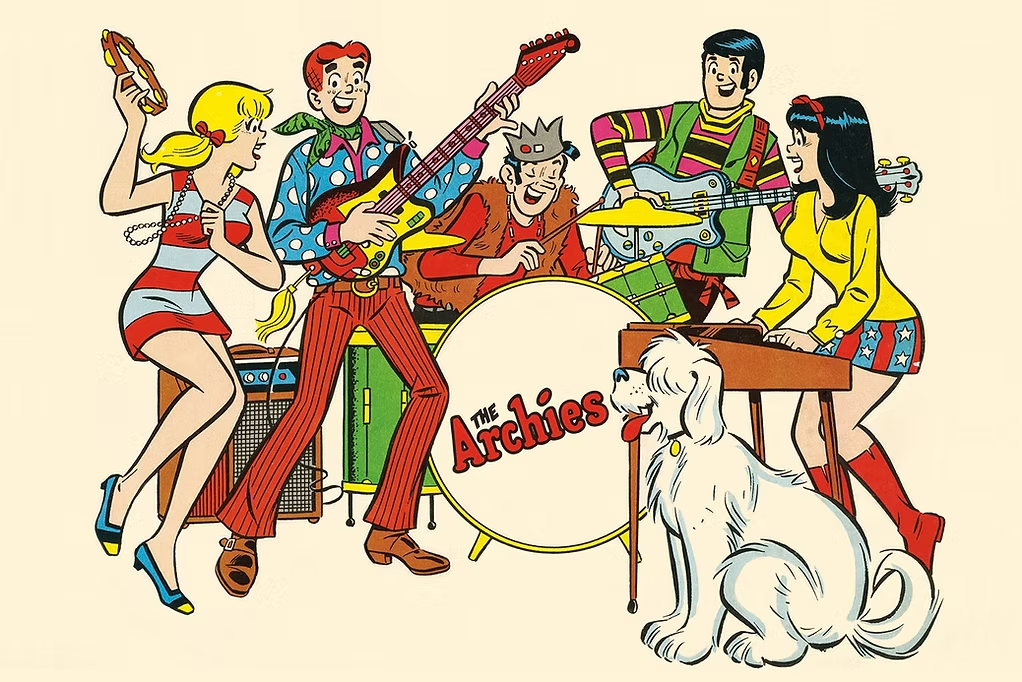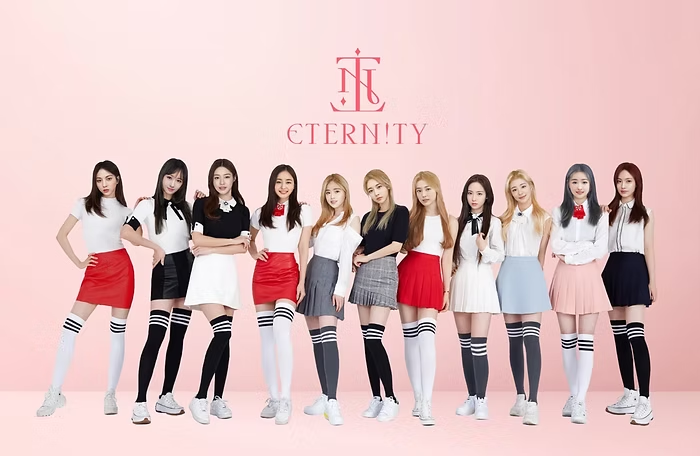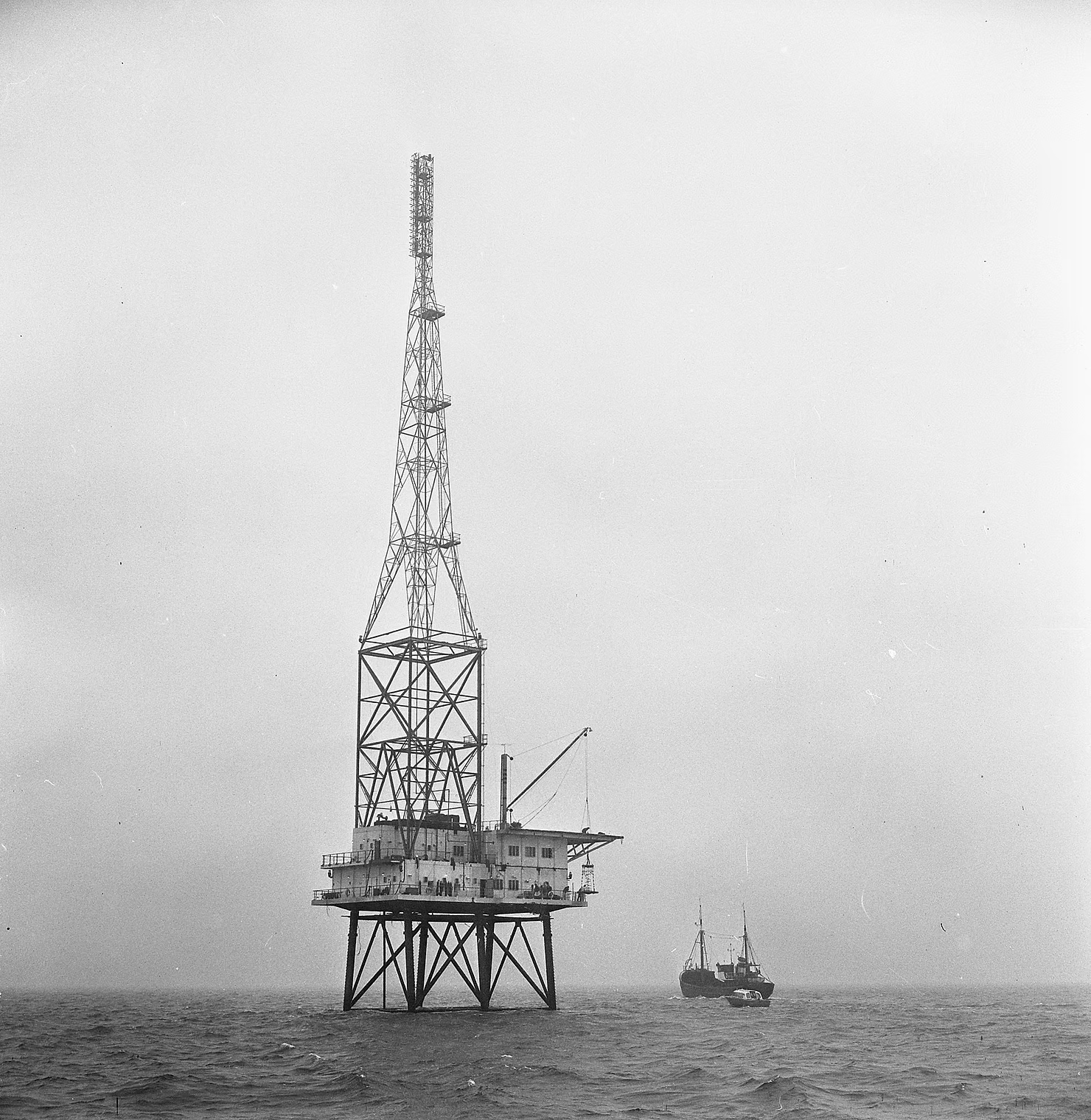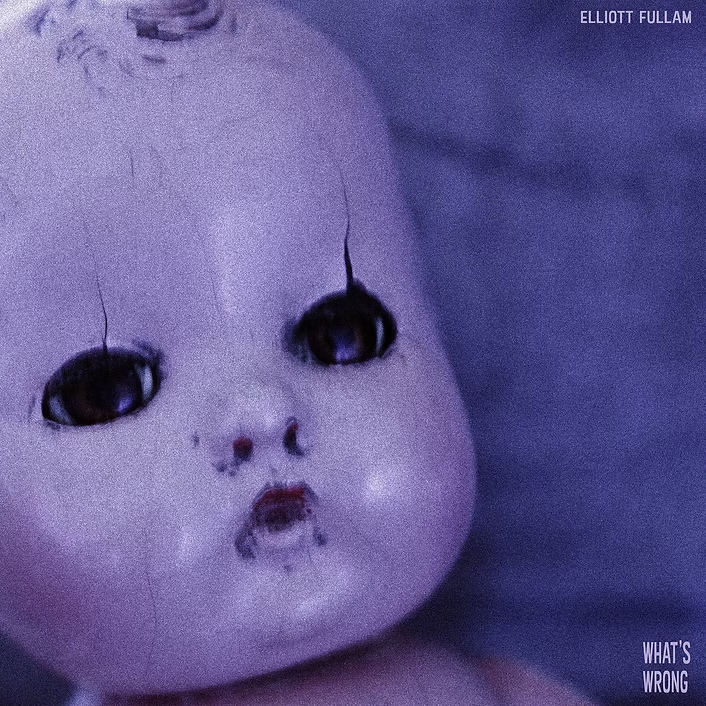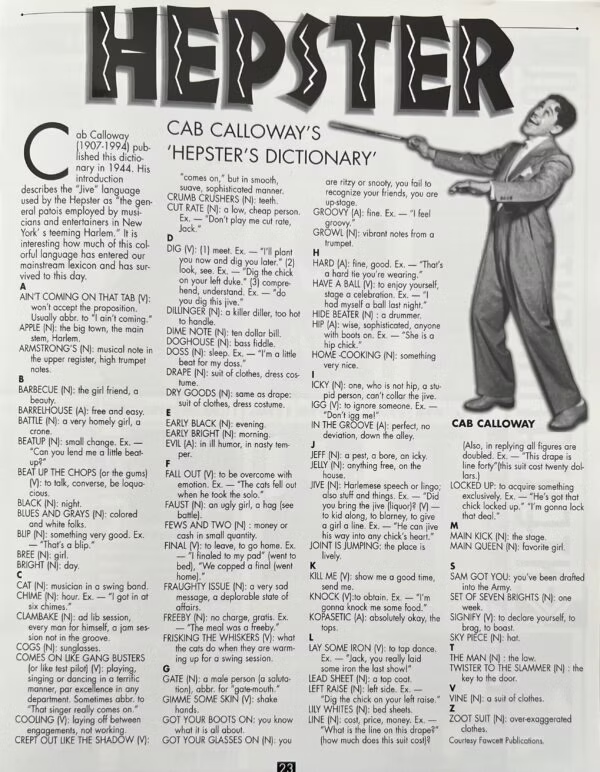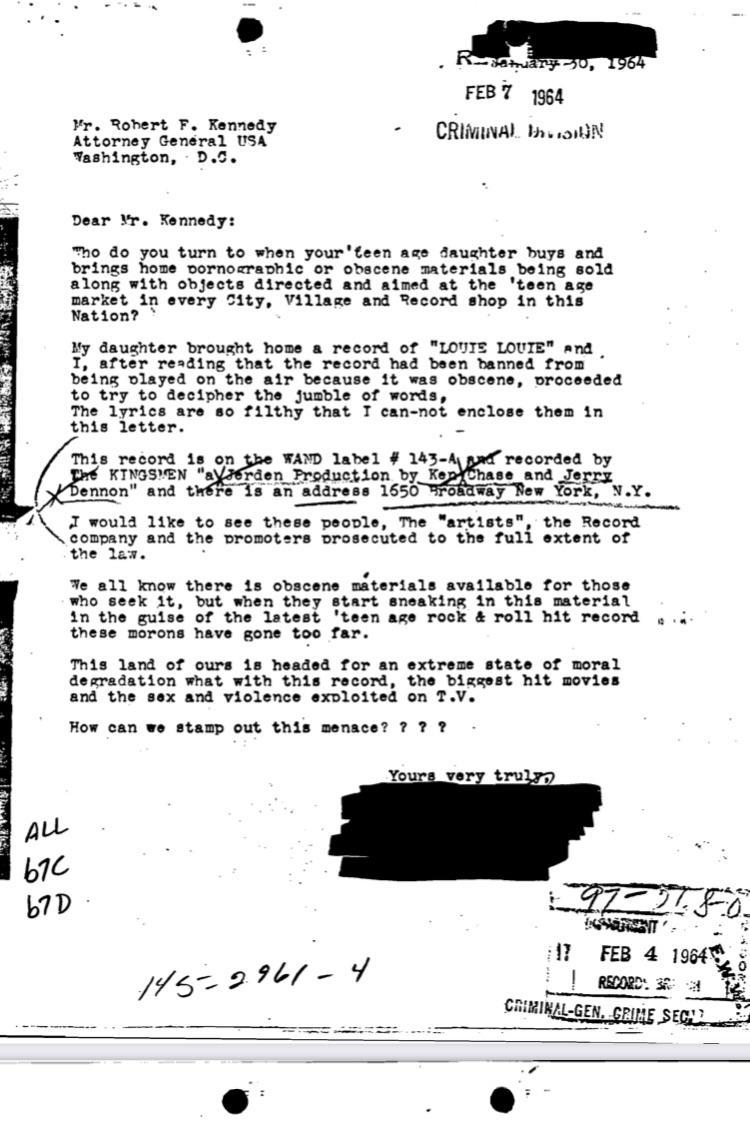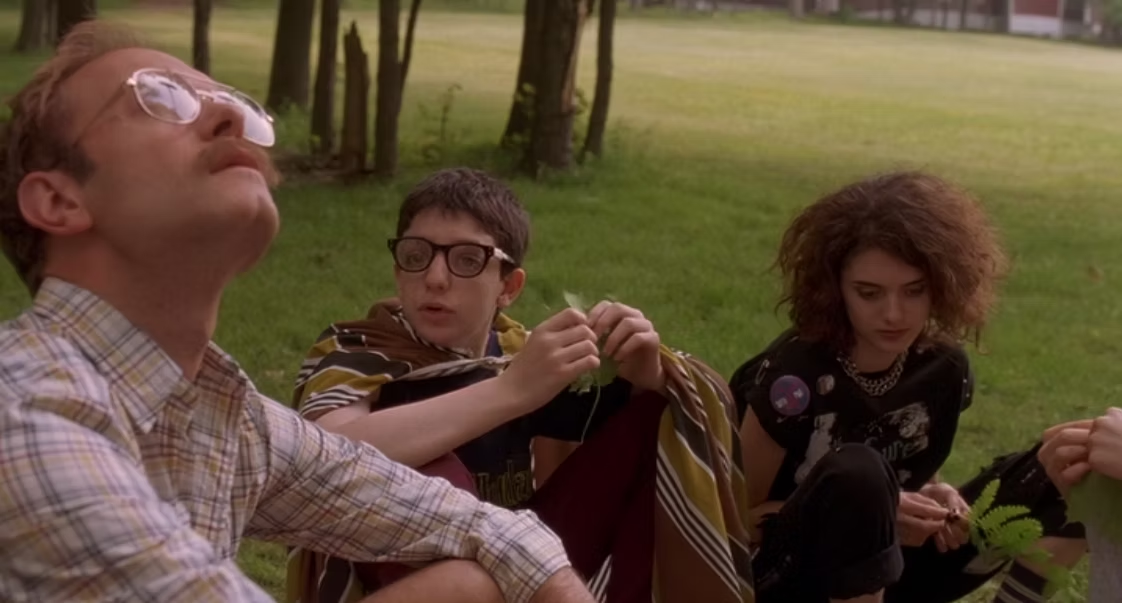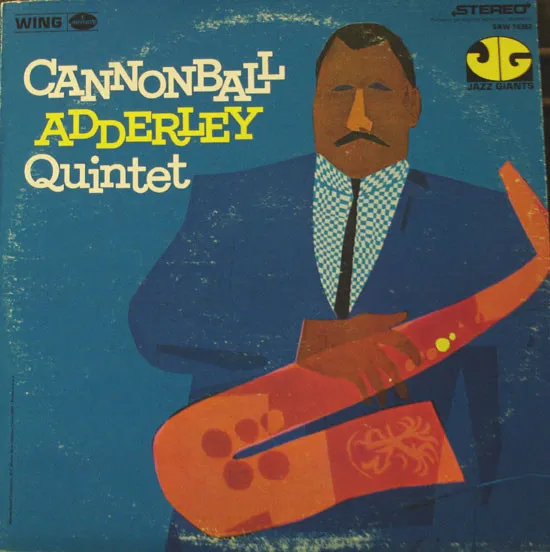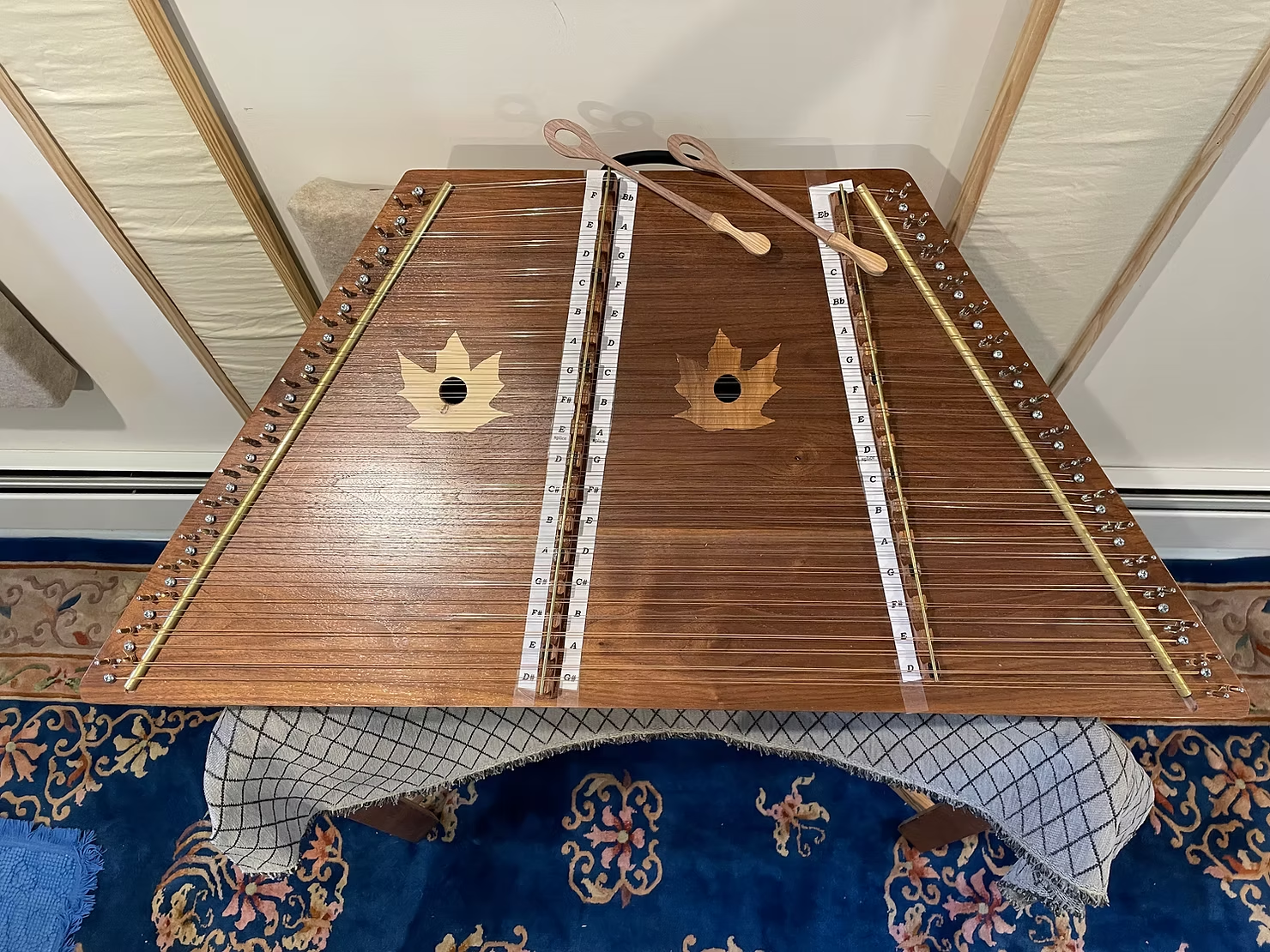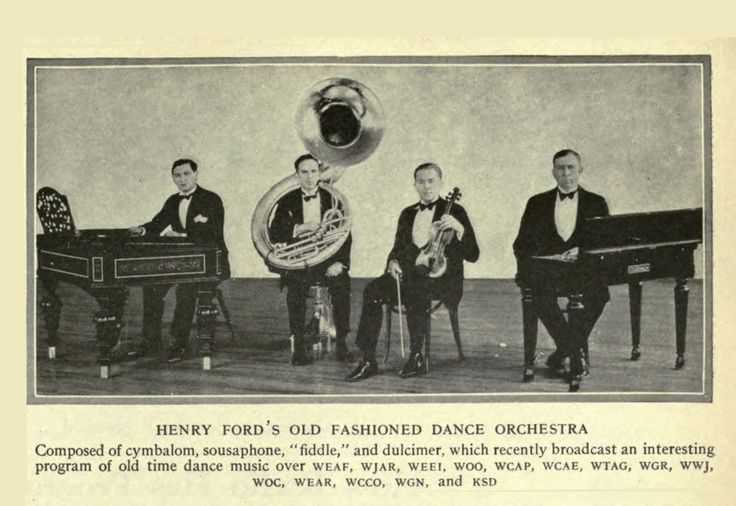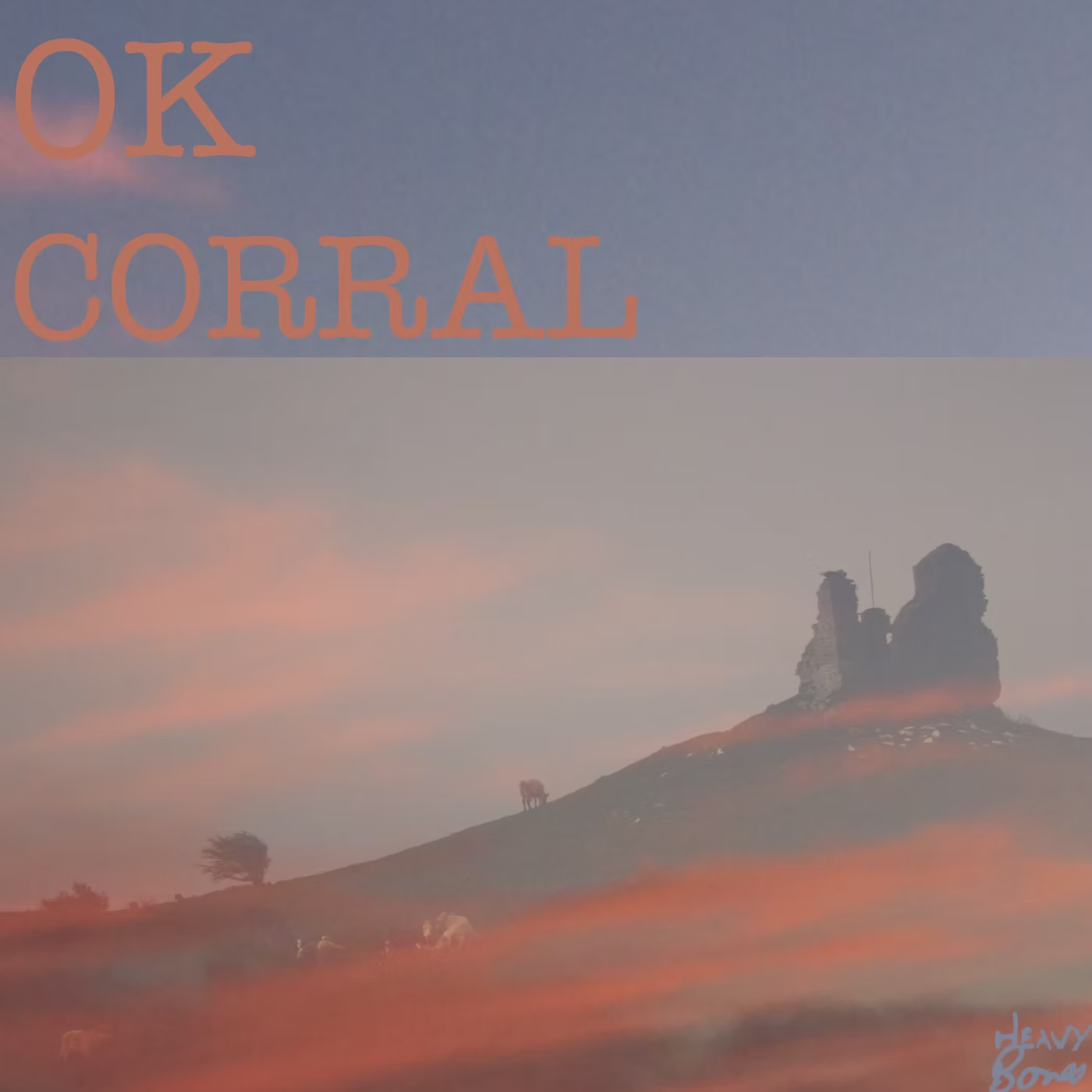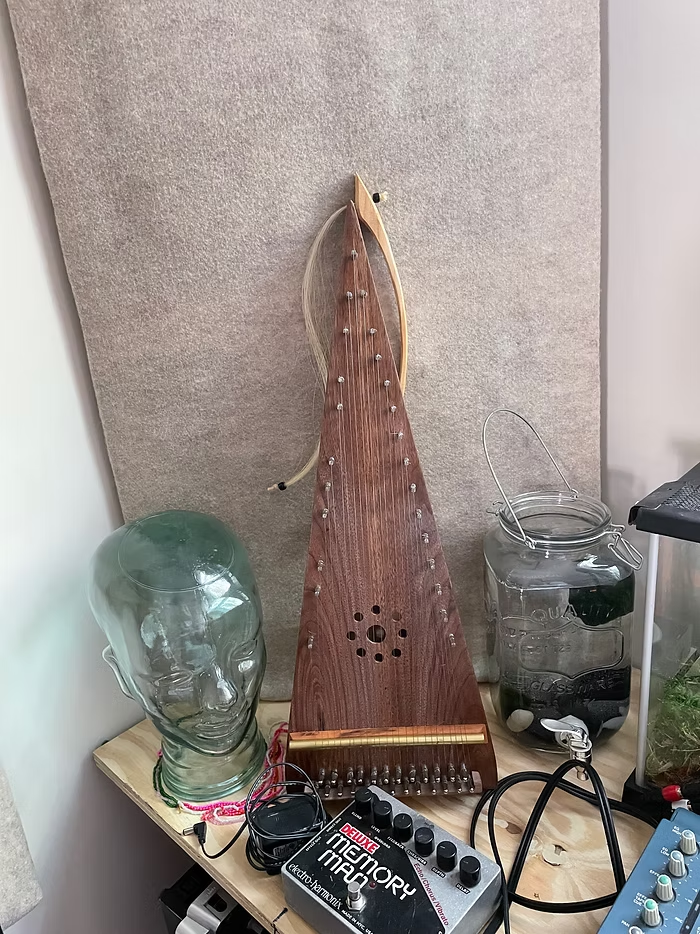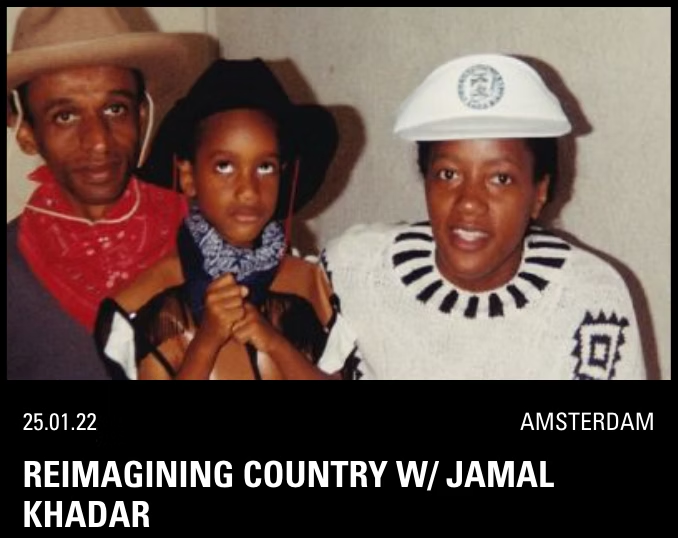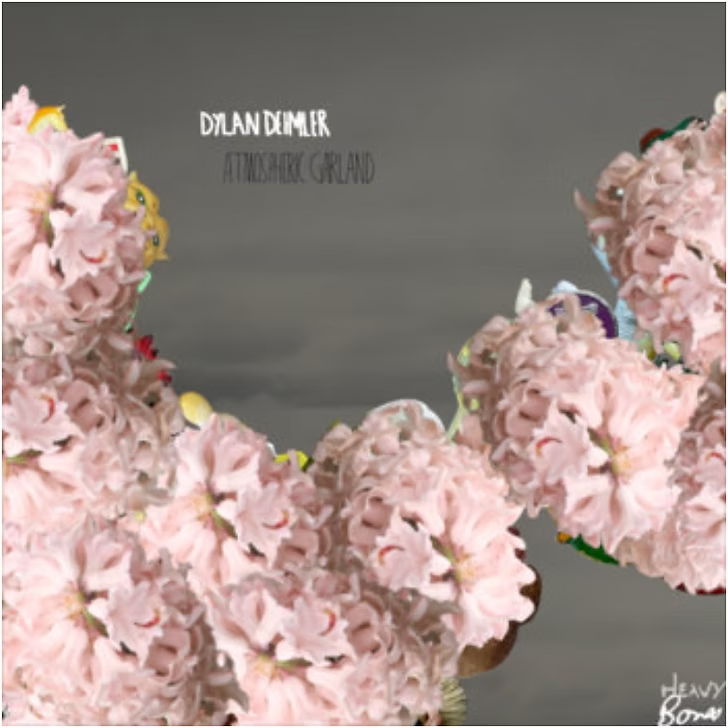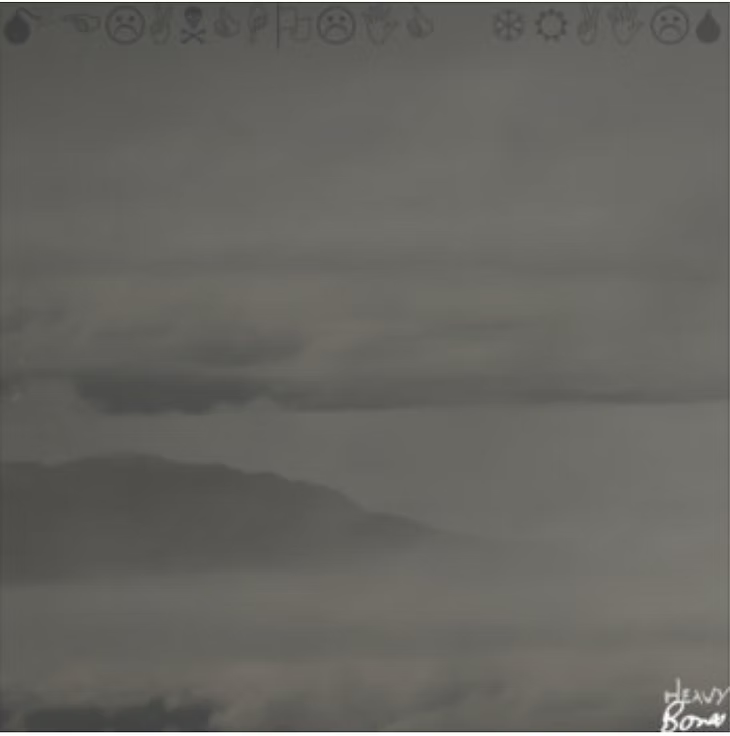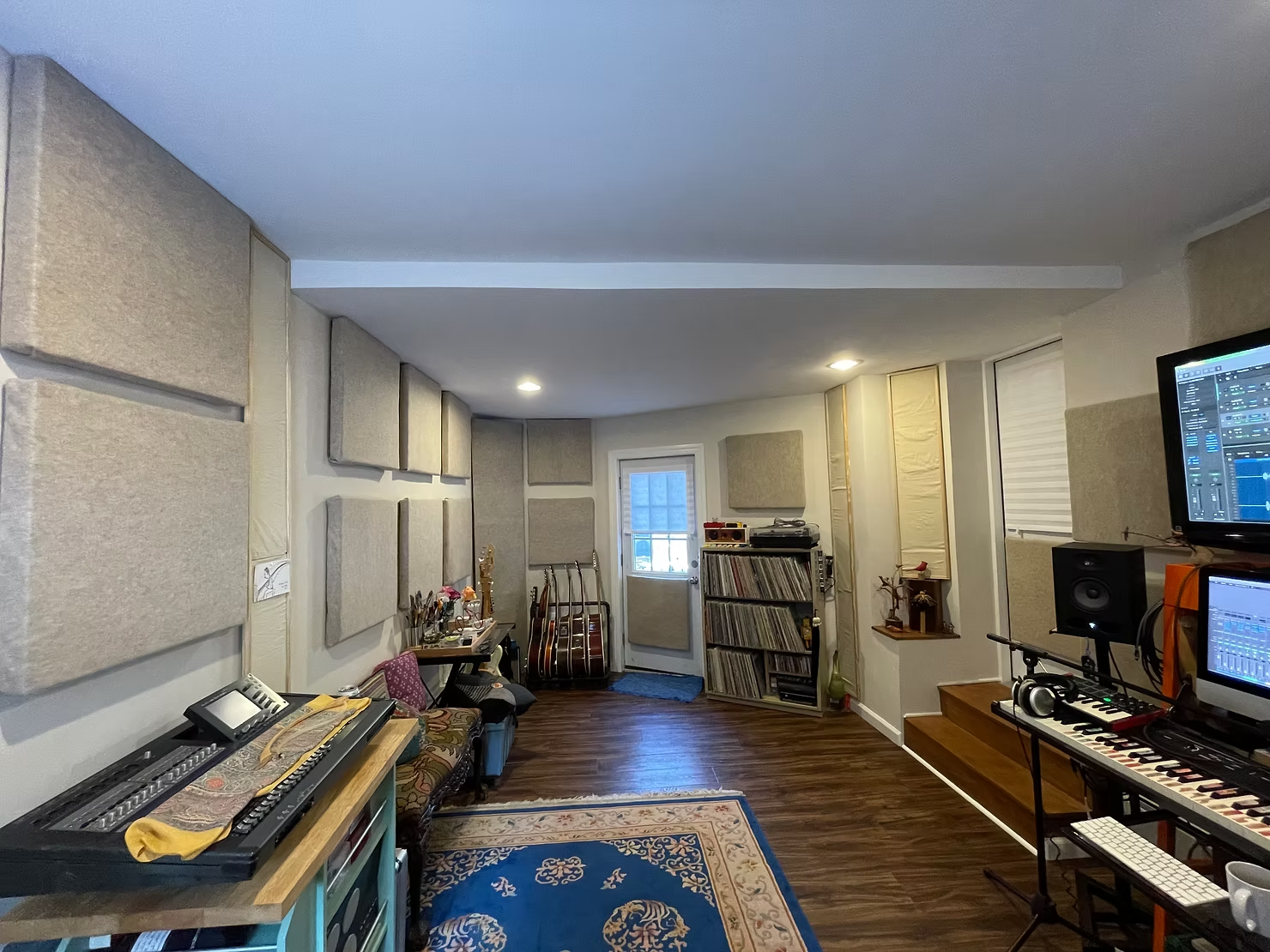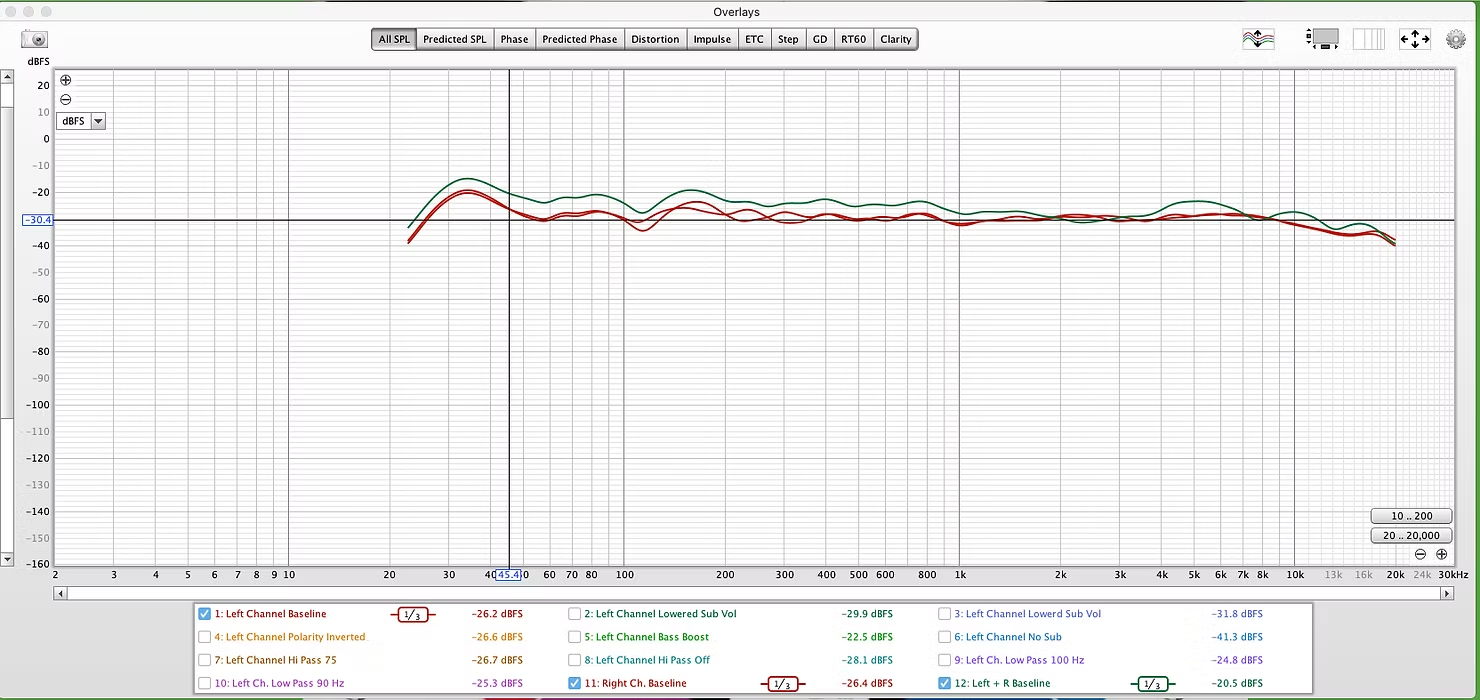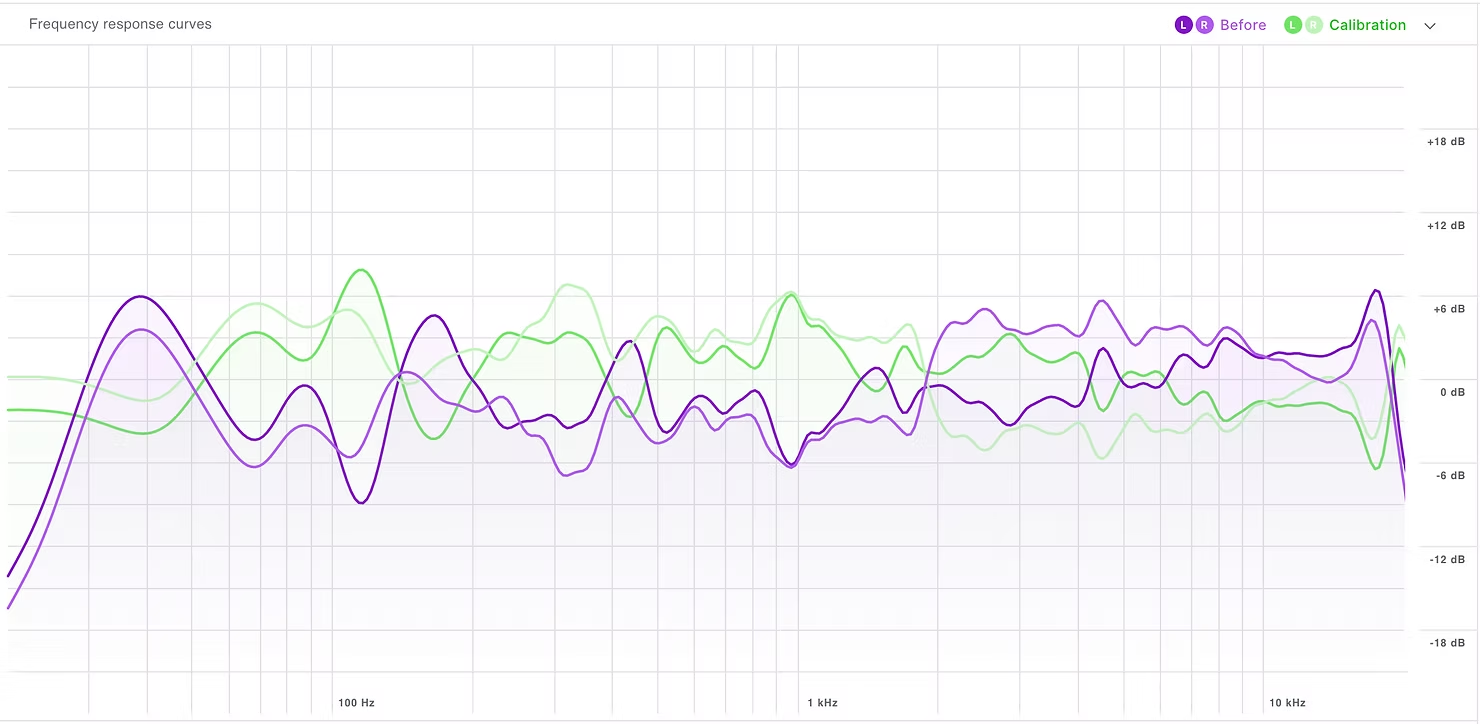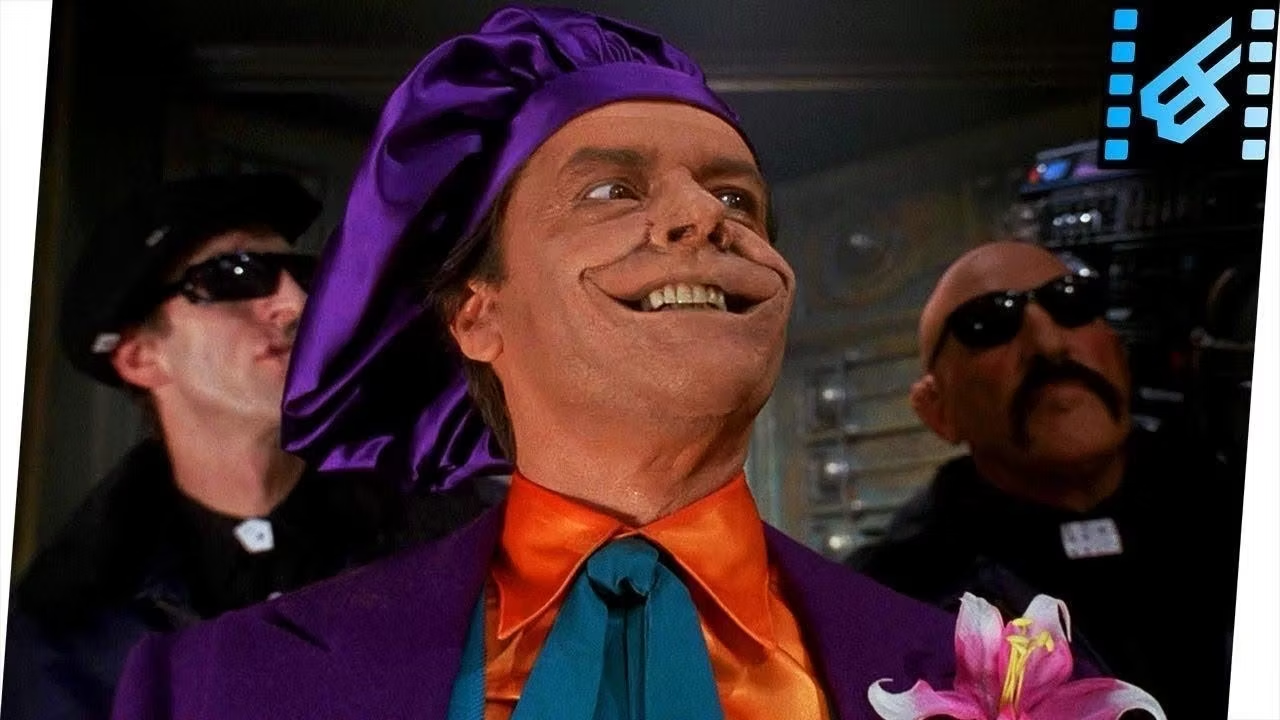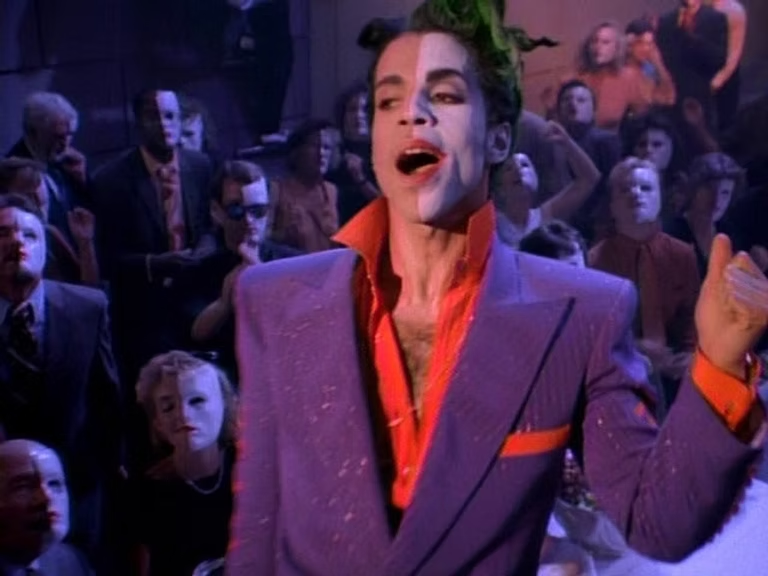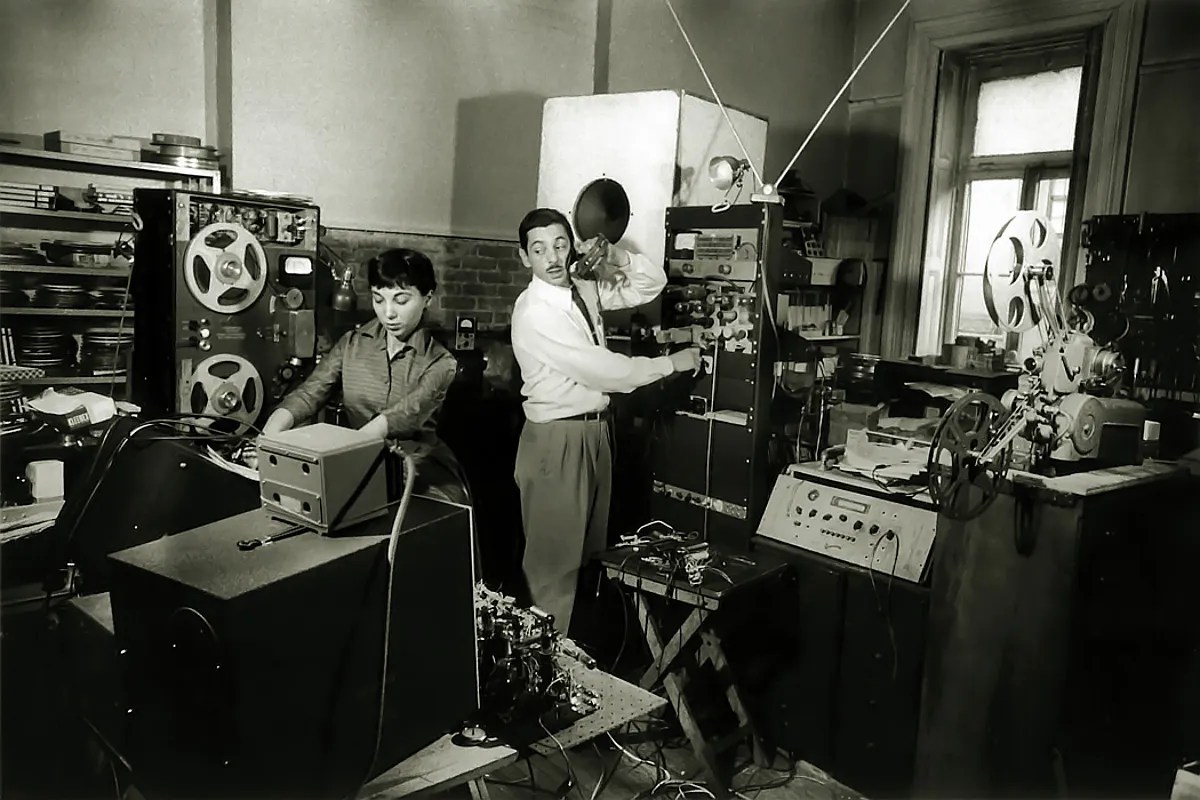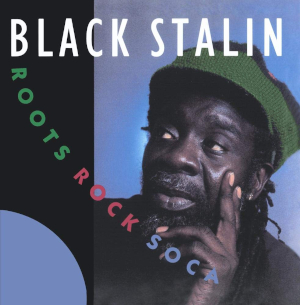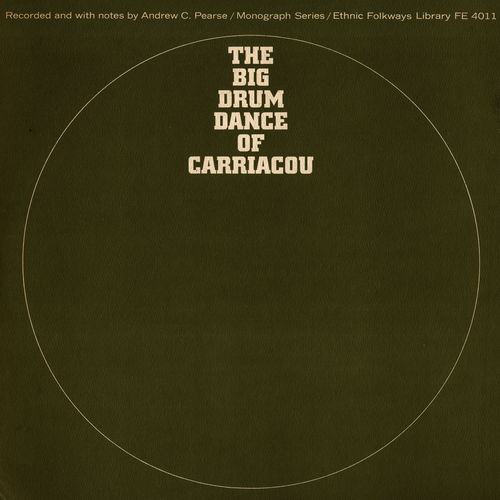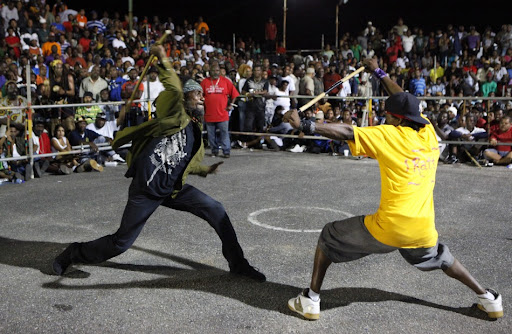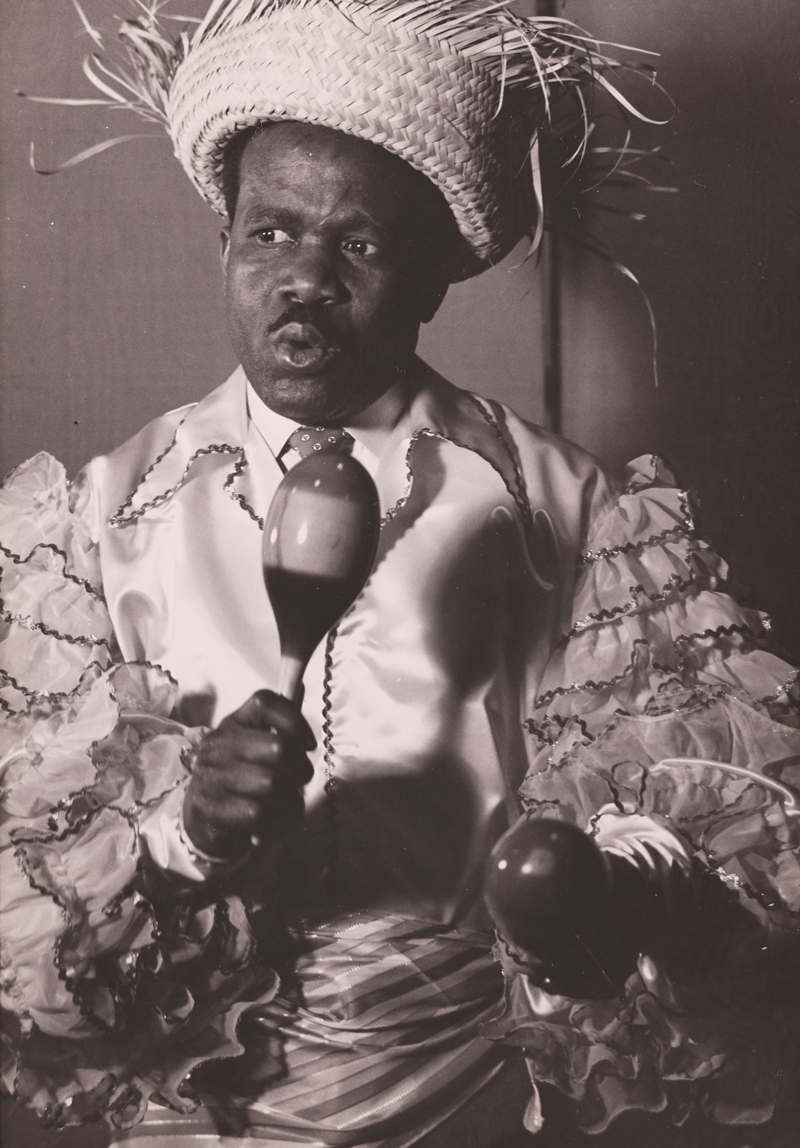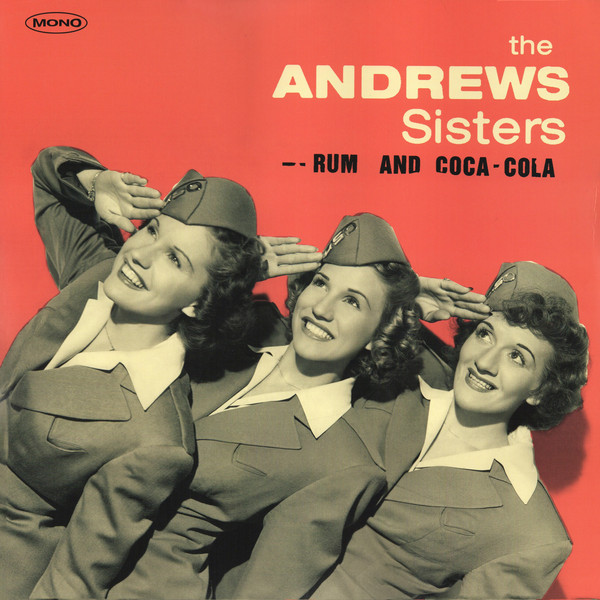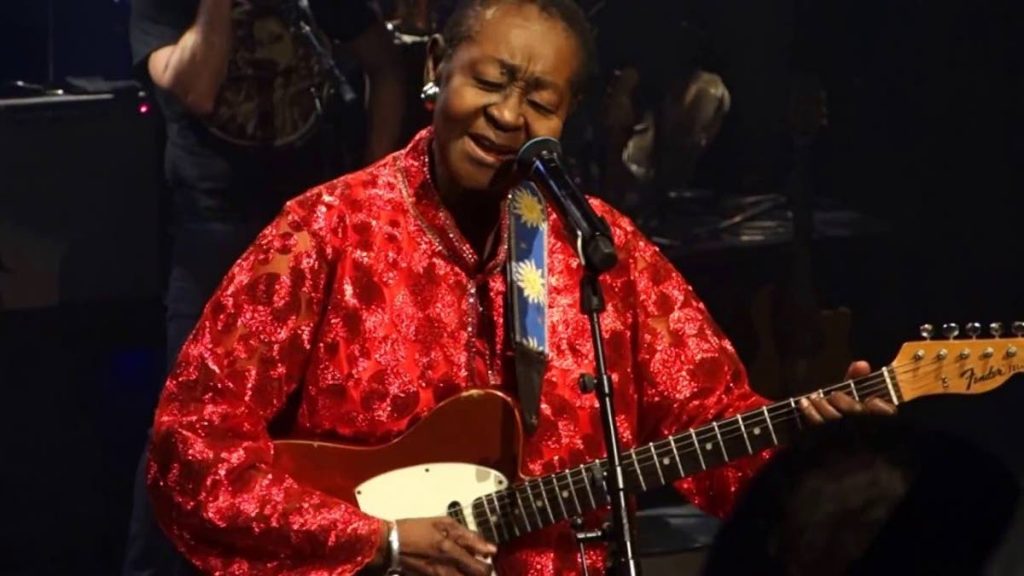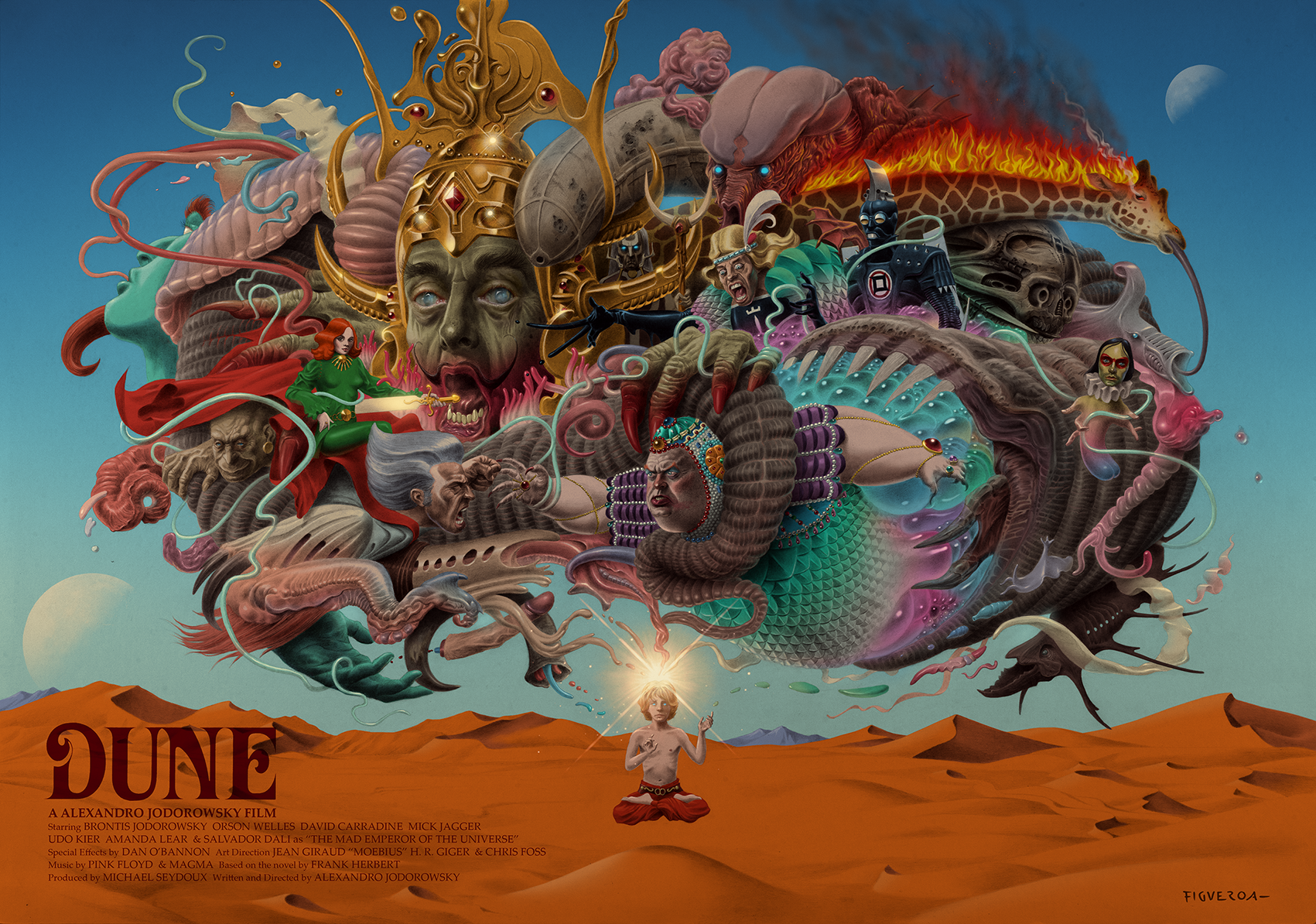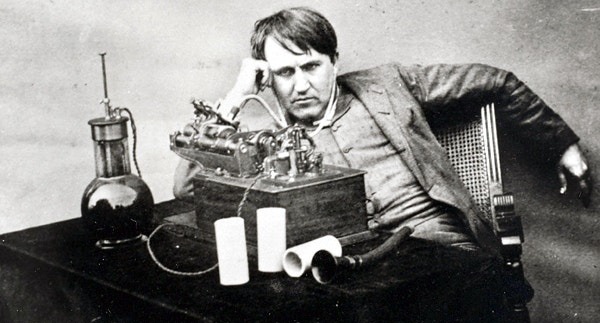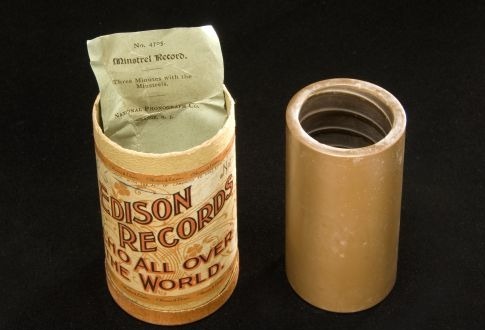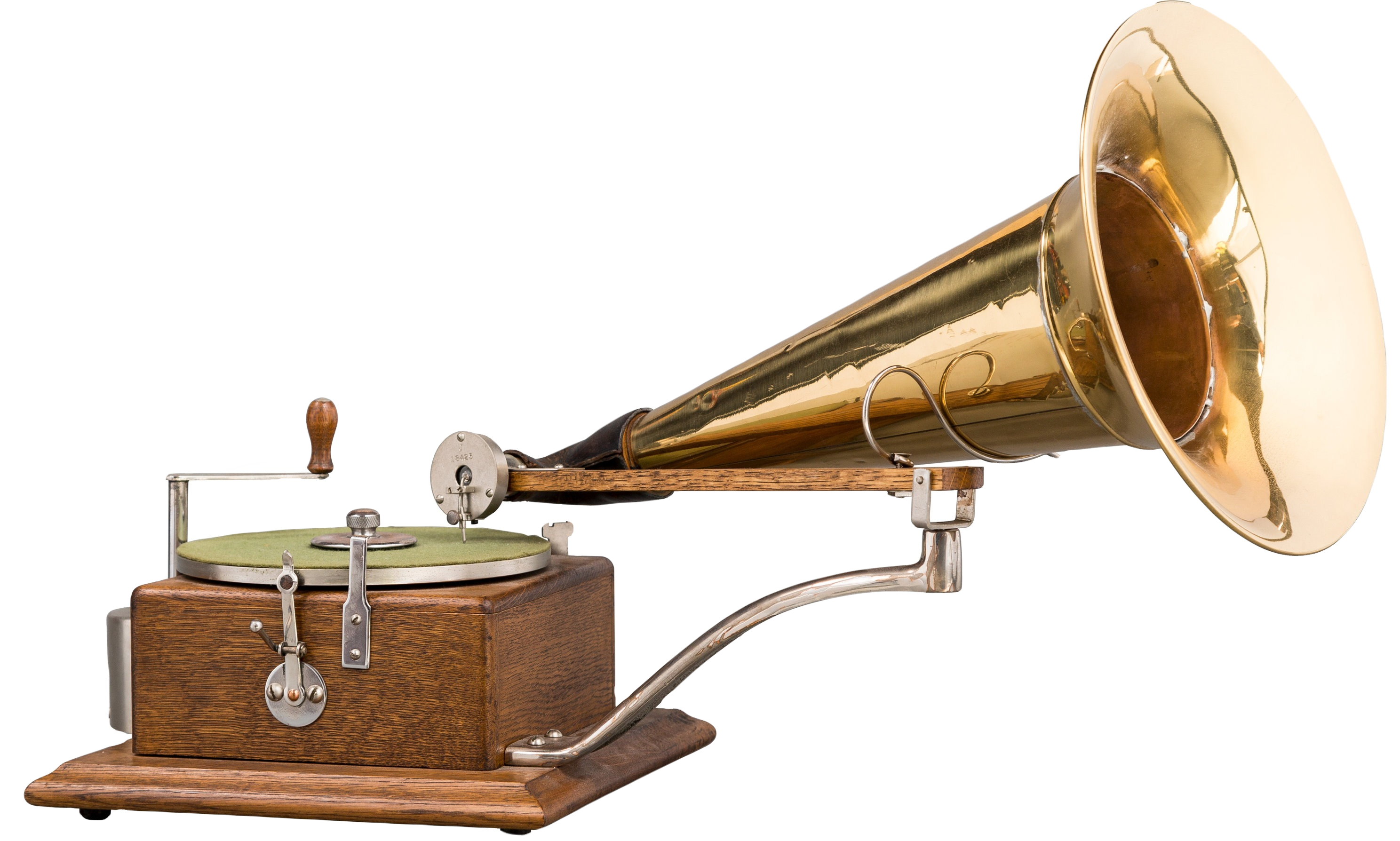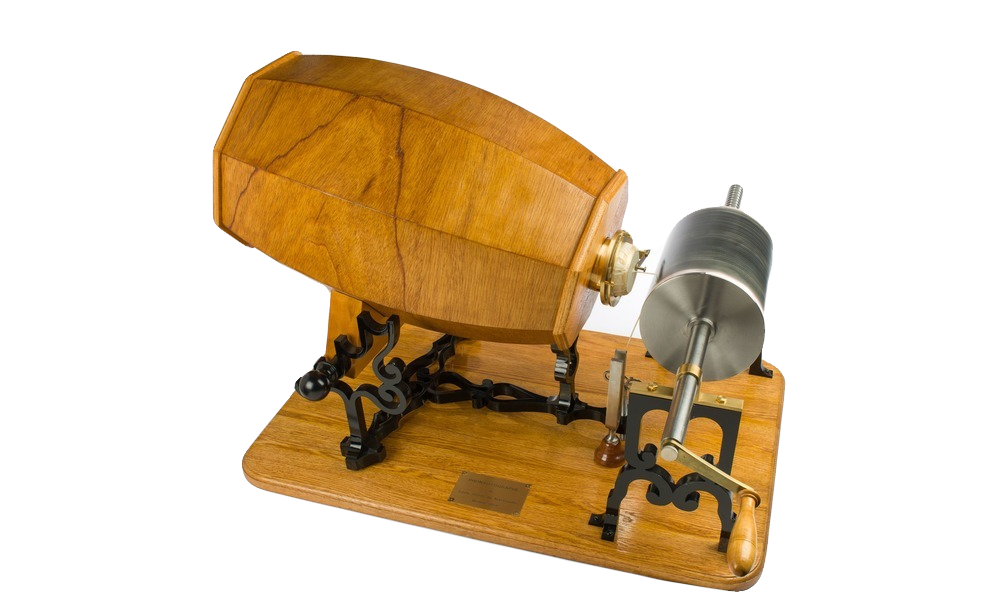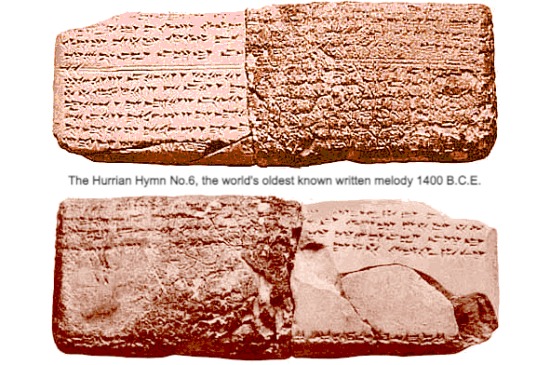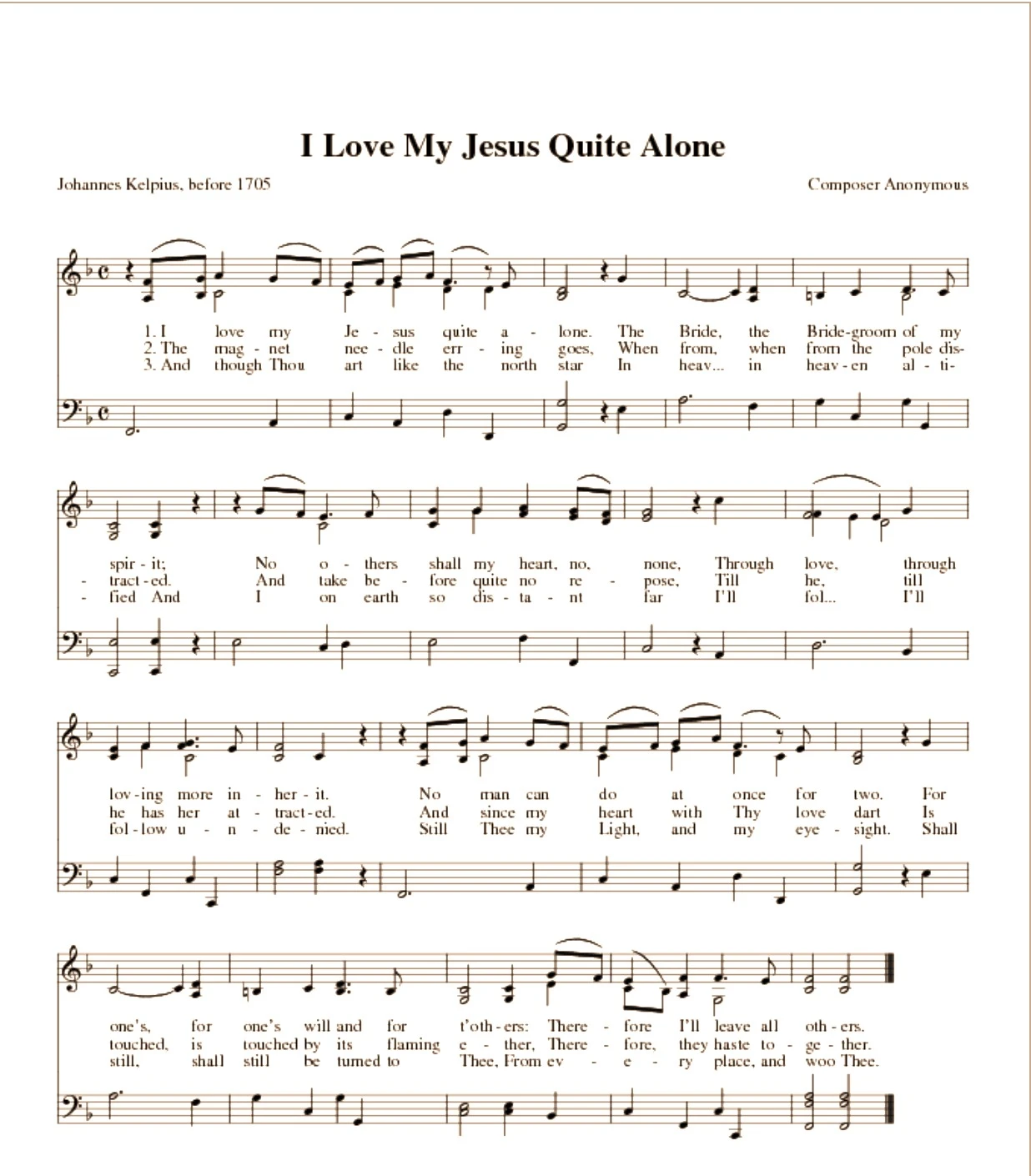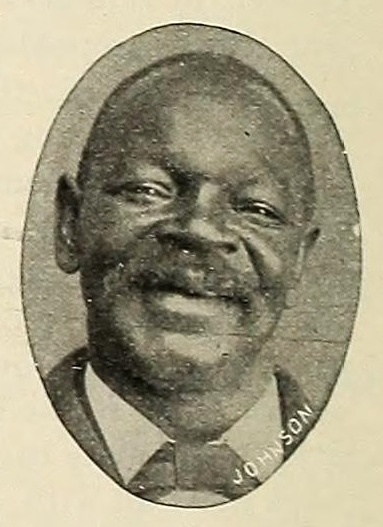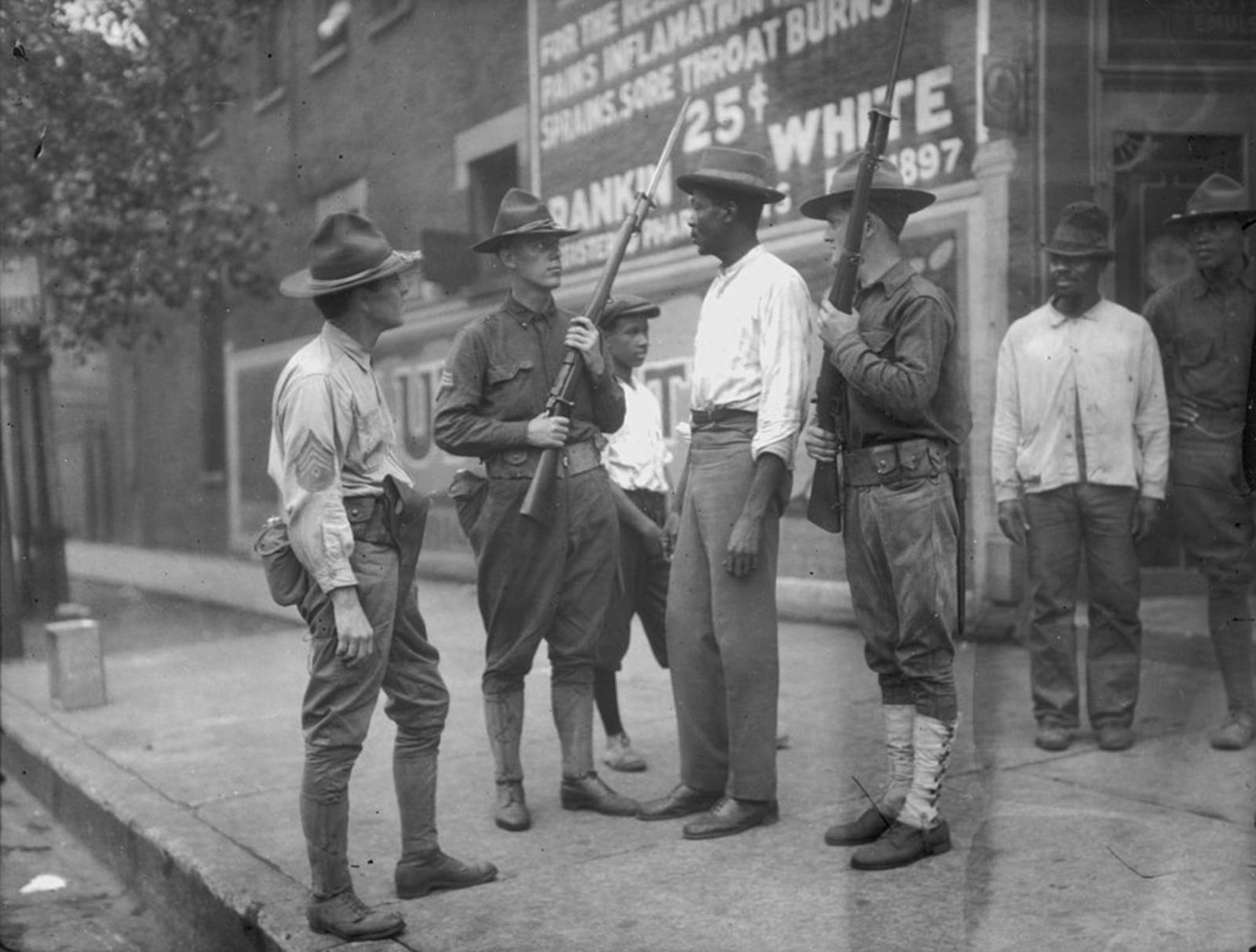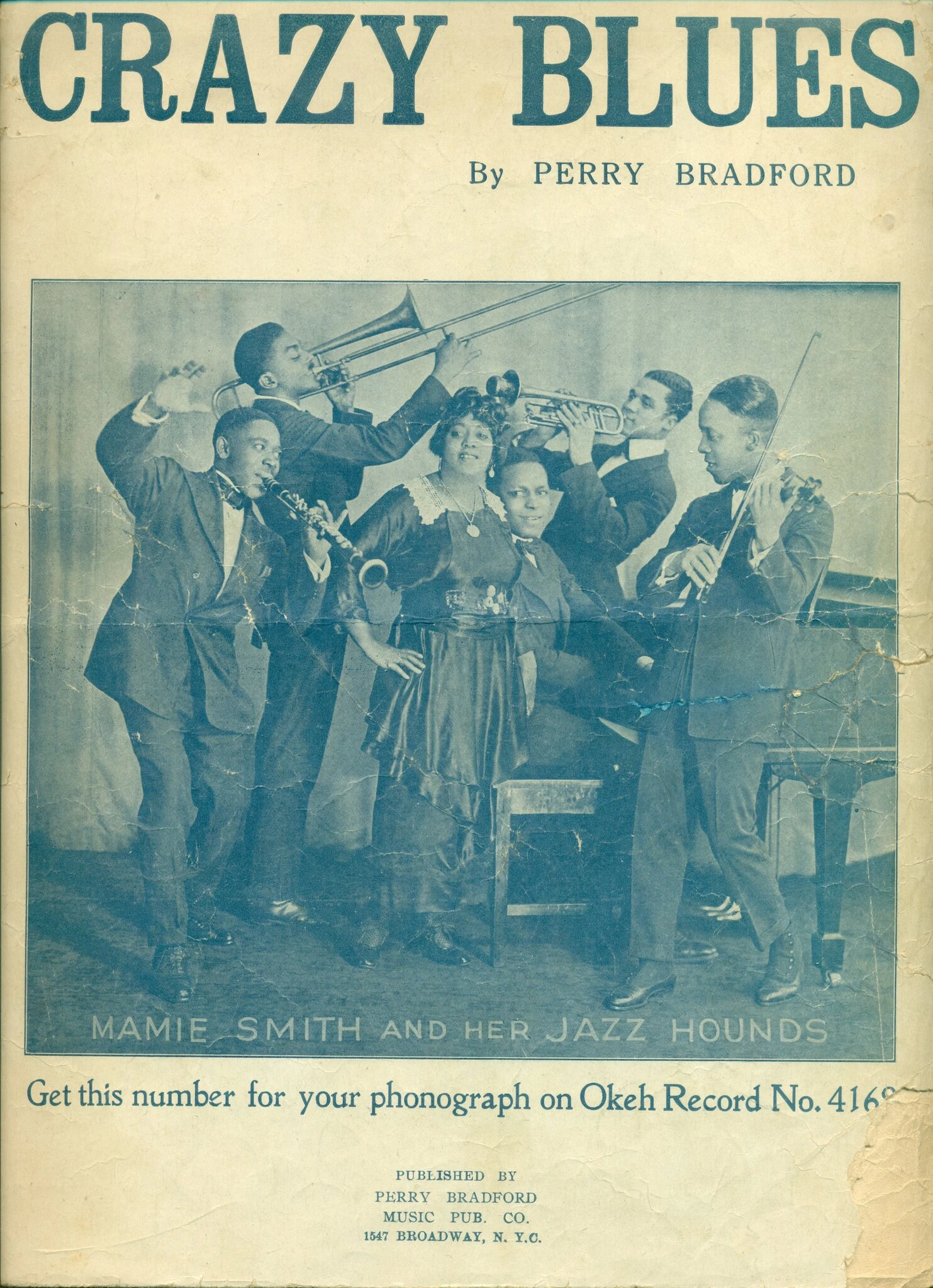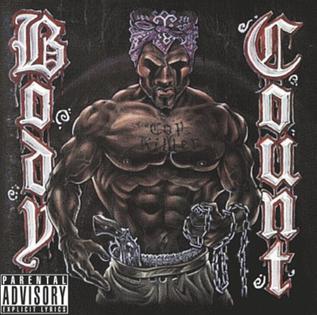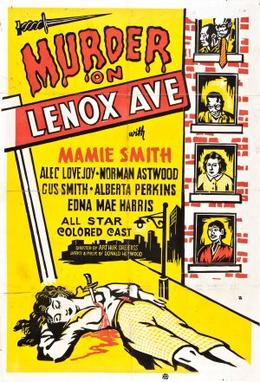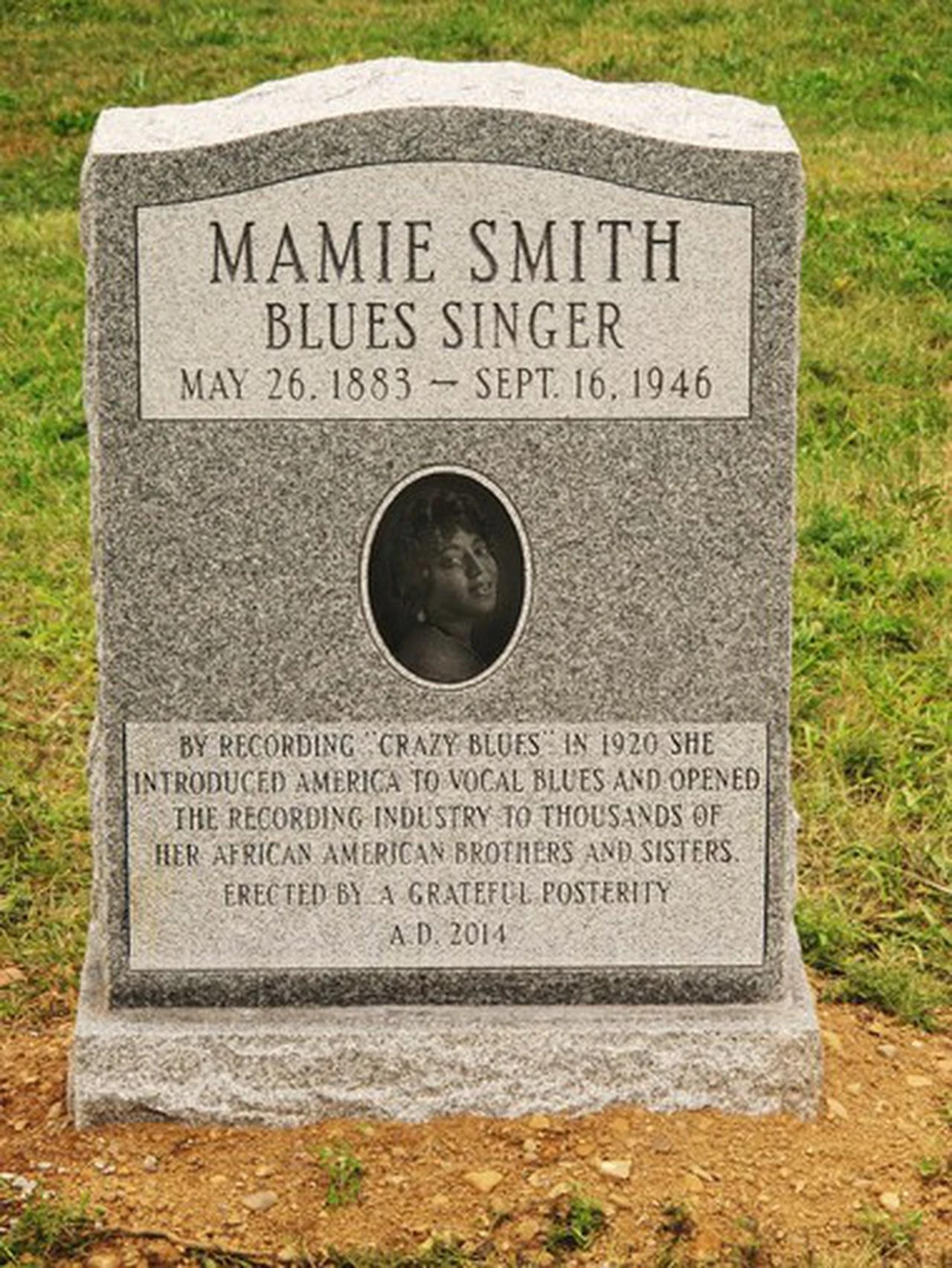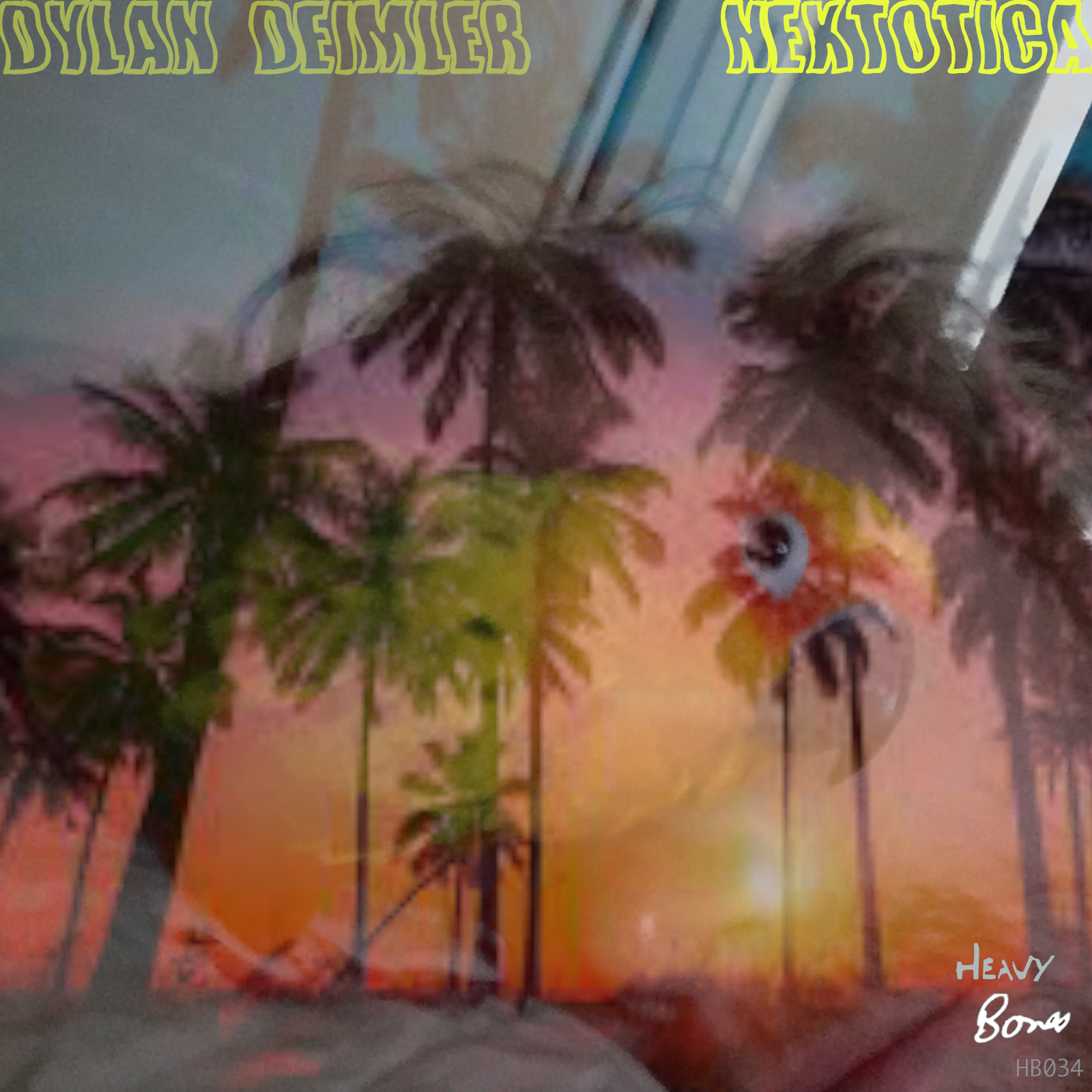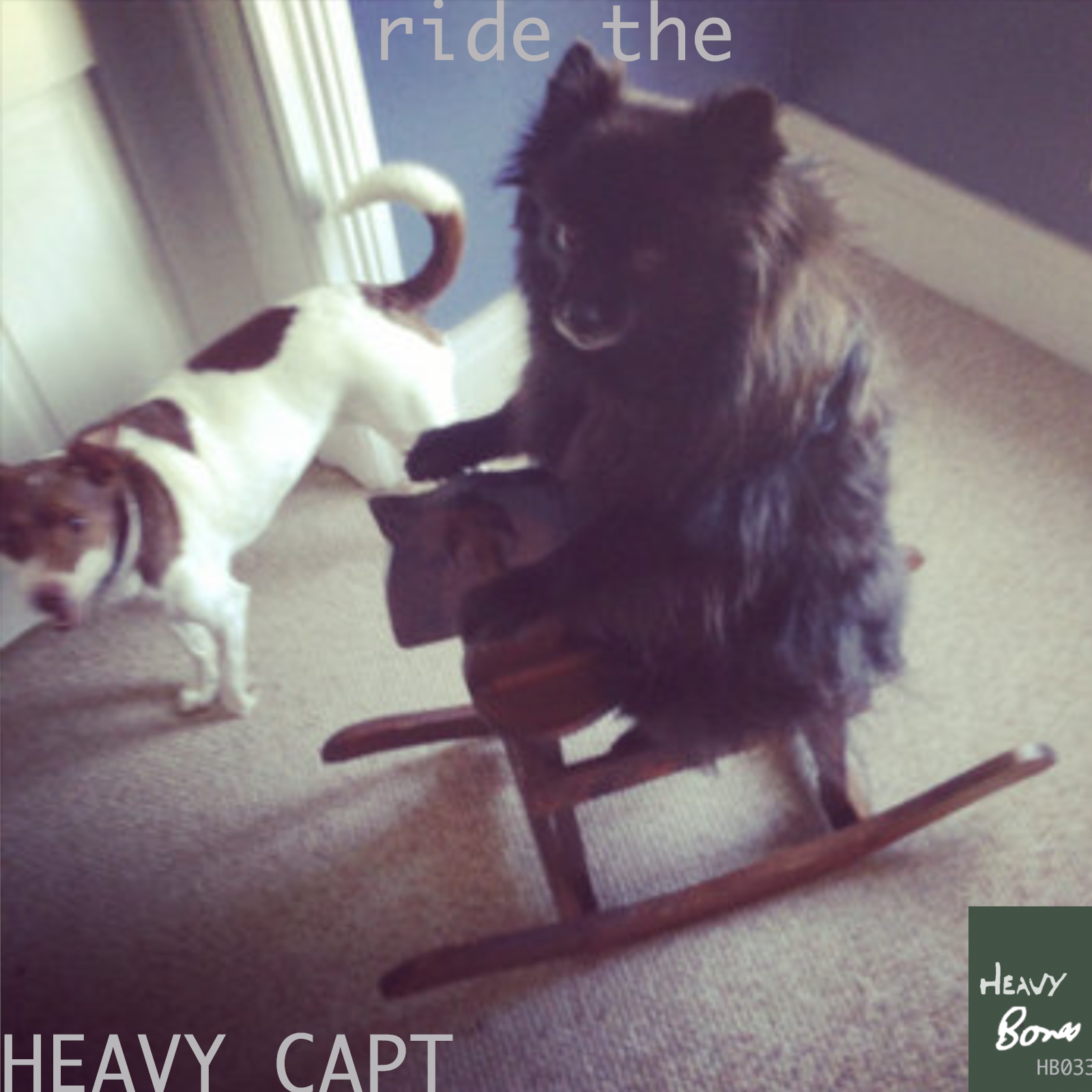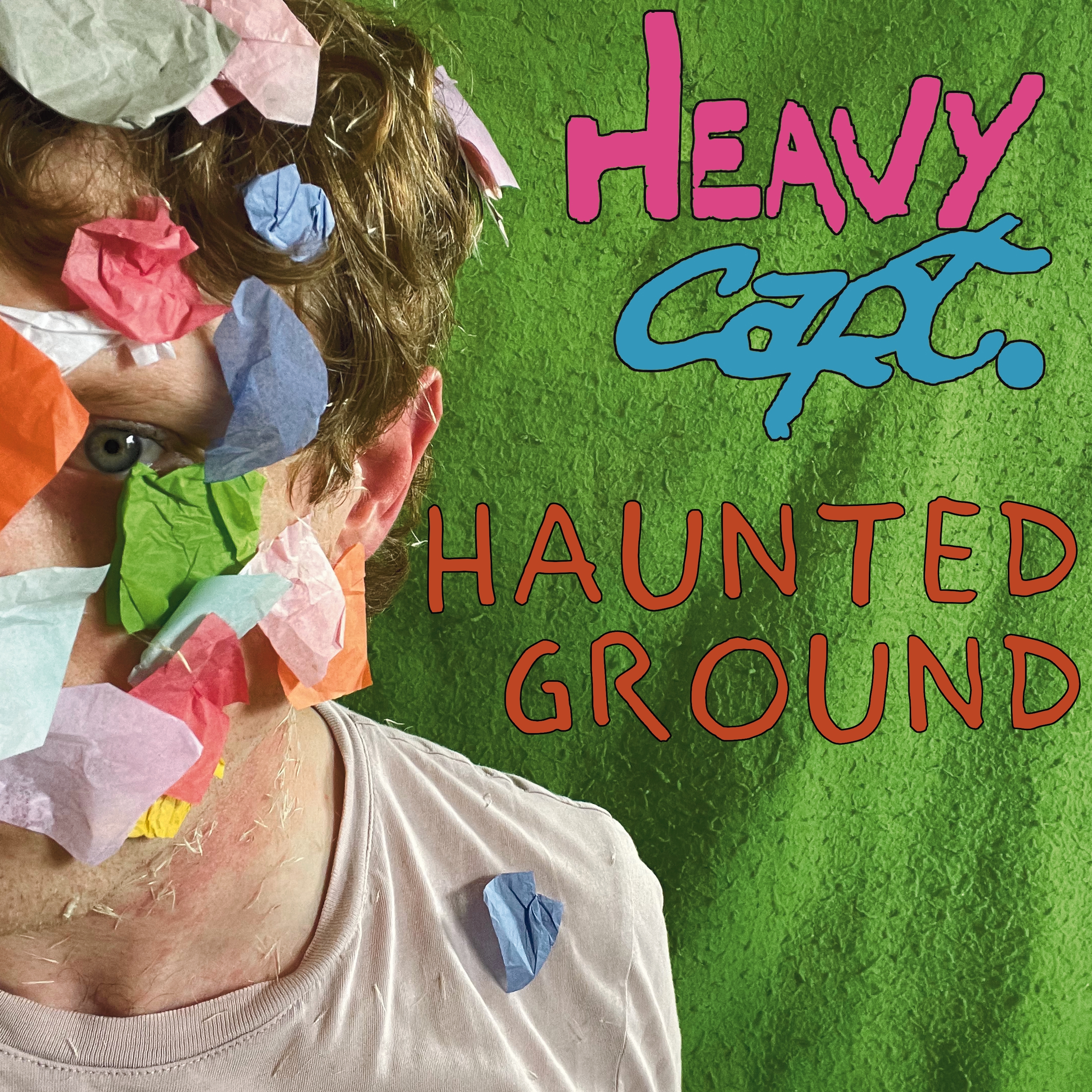
Excited to share this new single with all of you! It features the wonderfully talented Megan Gouda on backing vocals and Danny Mulligan on mandolin.
The song is a transition from the other side. Looking for Gold where it may have never been. Haunted Ground is a song about channeling lost love from another plane. A hymn sung in the blurry haze of nostalgia. Composed after listening to a lecture about the spiritualist singers the Fox Sisters, it was inspired by their musical adaptation of a poem by the “late Mrs. Heamans,” with “music from the Spirit Land” - dictated to them by the practice of table rapping. You can hear a performance of that song by Doug Skinner here It is not a cover of this supposed spirit transmission, but another “channeled” piece of music. It is drawn from love’s collected ghosts. By song’s end it is a clear warning of the past’s power to destroy us if we cannot move into the future. If we cannot tame the turbulent winds, the rough seas will consume us. Our journey begins on solid ground, but ends with a sinking ship in a vast ocean.
Musically, the song is a moody and dreamy three minutes. The song opens with a Chet Atkins lite-esque guitar intro set against a syncopated beat, creating the character of a 60s French Pop song à la France Gall or the British Jug Band revisionism of Mungo Jerry. The verse’s vocals sit on the framework of a simplistic counter melody. With co-vocalist Gouda providing a necessary softness to the staccato, piano driven counter- melody. The bridge section breaks the trance of the verse with a brief foray into 70s glam rock textures and the entry of a crunchy mellotron with pitch bent notes, distorted glissando, creating a spacey aeolian mode- pushing the song into a darker, more distant arena. The outro arrives boldly with a key change to the relative major. The mellotron’s melody, which has stayed constant, is now navigating a tonal shift. Its holdover from the minor key of the bridge is ultimately too much for it to handle and it fades out and the song returns to its country-tinged origins, this time with Mulligan providing tension and release with masterfully crafted mandolin accompaniment.
I've also put together a music video for this one, that is pretty fun, so stay tuned for that.
I don't have a pre-save link becuase those cost extra, but if you are feeling up to it and can follow me on the streams beforehand, then it should be in your new music feed.
You can find links to all of my streaming profiles here
I've also put together a little playlist of songs that inspired the single in one way or another. You can import it to whatever streaming service you use via this link.
See ya next week for release day!
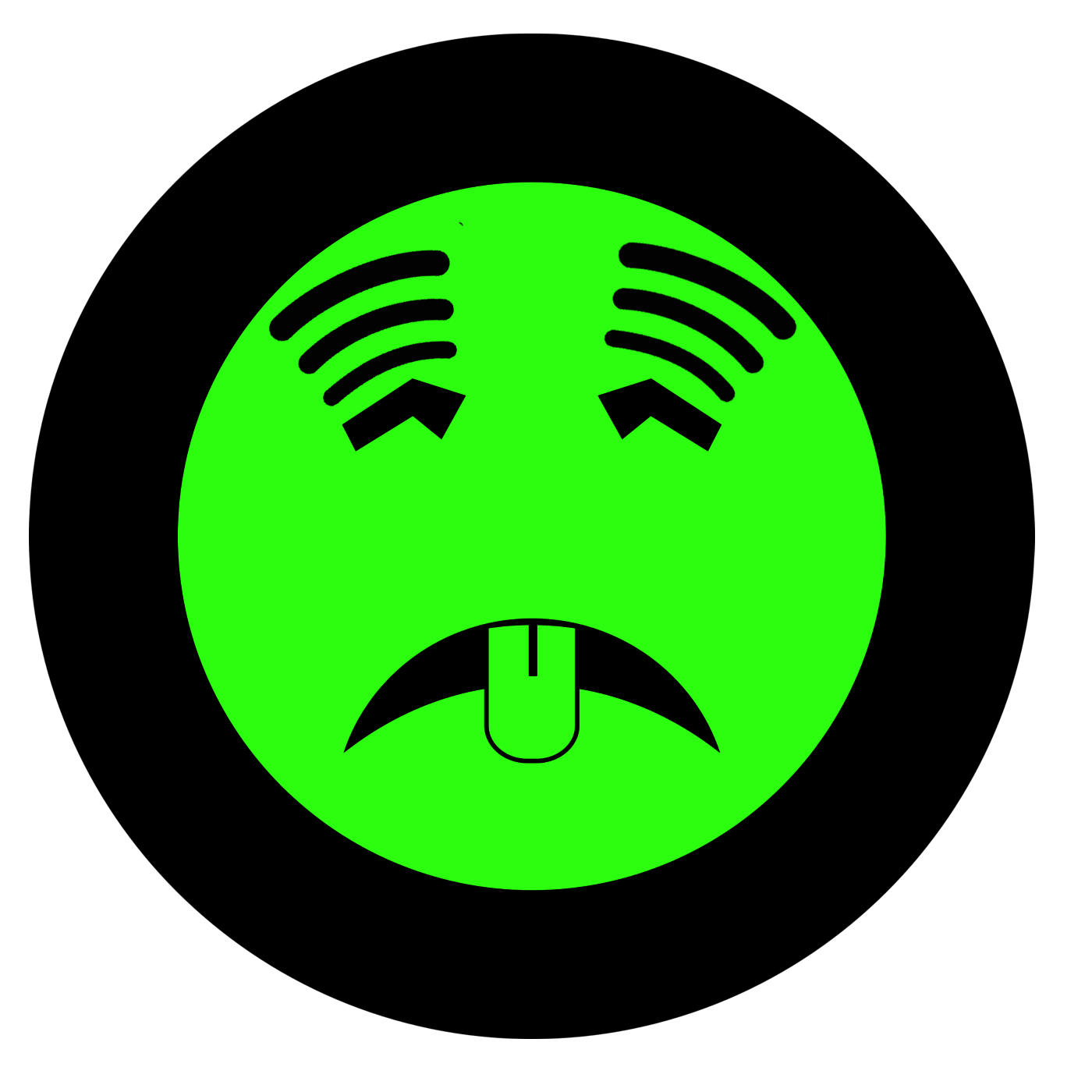
I’ve decided to make a change to where I host my playlist content. Music released under Heavy Capt. (and Dylan Deimler) will remain on all available platforms. I briefly considered discontinuing my artist distribution with Spotify in the wake of CEO David Ek’s decision to invest heavily in AI weaponry, but the platform, lamentably has a 36% share of U.S. market streaming (Smith) and 31.7% of the global market (Duarte).
I’m actively trying to promote my music and I don’t want to lose a third of the world’s music listeners! That’s a bit hyperbolic, but not by much. 89% of music in the world is consumed via streaming (Duarte) - an absolutely wild and disquieting number. I don’t think it’s a fair ask for new artists to jump ship entirely. Comparably, other services are more like paddle boats than ships (see percentages below). I am, of course, a music fan as well, and I am more than happy to take my subscription money elsewhere! As of this writing I have said goodbye to Ek (Ick!). My playlists will now be hosted by TIDAL (all past playlists have been transferred). If you are using another streaming service, I will also begin sharing all playlists via tunemymusic which allows the listener to transfer the playlist to whichever platform they prefer!
I have also decided to use Bandcamp’s new play-listing feature to present my top 20 songs for the month.. This playlist will be mimicked on a monthly Tidal playlist (to the extent that artists also have distribution in that space). This will allow me to directly support the artists I feature at a reasonable, fair expense to me - basically equitable to purchasing one CD a month while still featuring artists in the far less profitable stream-o-sphere. Not that long ago, one had to purchase physical media to experience a new artist. This resulted in far less overall exposure, but a deeper immersion into whatever it is you did end up taking home. By limiting the number of artists on each month’s playlist I hope to relive this experience in some form.
July Top 20 Playlist (TIDAL)
July Top 20 Playlist (Bandcamp)
July Top 20 (all other platforms)
*note: Thorns (Project Gemini Version) from Una Rosa nel Giardino d’Inverno: Il Ritorno (A Rose in the Garden of Winter: The Return) released by Dream Division and the Library of the Occult Electronic Orchestra is available only on bandcamp, so the TIDAL version is really a top 19. Maybe this will lure you to Bandcamp! Also, as I release new singles I plan to shamelessly put my latest track on there. Playlist adds help boost plays and I need to eat!
I have also become a founding member of the Subvert platform, an artist/label co-op, that plans to launch sometime later this month. Similar to Bandcamp in how it distributes music, it seeks to stay truer to its artist centered mission (i.e. not selling the platform to a video game company). Once Subvert launches, I will follow a similar methodology. It is unclear whether the UI will feature a limited playlist functionality, but I highly doubt it. So, instead, I will just pick 20 songs from that platform to support each month and then spotlight them on TIDAL. It is unclear exactly when things are going to be up and running, though. Even after it launches, it is going to take some time before artists are able to get everything uploaded and for the bugs to be worked out.
If we routinely act as more ethical consumers, artists will be presented with far fewer moral dilemmas when it comes to the distribution and marketing of their music. Switching platforms is definitely an inconvenience, though. I totally get it if you don’t have the time or this is pretty low on your priorities at the moment. Absolutely no judgments here!
If you have curated playlists, you will have to transfer them via a third party service. While free up to 500 songs, the service I ended up using cost about $12 to transfer all of my playlists. I was also following 1,685 artists on Spotify and had my own playlist followers. There is no quick and easy to remedy this. I have submitted a data request to Spotify, so I will have a list of all of those accounts, but it seems that it will take manually adding them all on TIDAL. As for my followers, maybe they will find me again, maybe not!
Then there is the issue of podcasts and audiobooks. It was fairly easy for me to download Overcast and subscribe to all of my regular podcasts there, but audiobook access is a little trickier. I really enjoyed that 15 available hours of listening time. I no longer support Audible, so my only alternative at the moment is to rent through library services where there is almost always a long wait time. I don’t have a great suggestion for this yet. As always, recommendations welcome.For now, my plan is just to read actual books of which I have plenty of un-reads sitting around.
In addition to posting my monthly new music posts, I will hopefully find the time soon to present longer form essays about music history, theory, and critique. I realize that these are much more interesting than rambling on and on about the unscrupulous nature of the music industry. Sorry! I hope to escape this sludge soon too. Choosing a more established platform ensures that I will have access to a greater range of music in which to assemble educational playlists. I am not totally convinced that TIDAL will not also venture into the murk at some point. If that day comes, I will just collect my things and move elsewhere. For now, though, their leadership has not invested in AI weaponization.
The following is an outline of different companies I explored or ignored. Perhaps it will help you if you are also considering a change and happen to agree with my ethical standards.
Who I am not considering:
Amazon Music: Much can and has been said about this company, almost none of it good. In March 2021, along with Alphabet, Inc., they signed a $1.2 billion contract for cloud computing services with the IDF who has been using AI assisted tech, enabled by this infrastructure, to design military targets and monitor the civilian population through face and emotion recognition (Kwet). Add this to the union busting, environmental devastation, and erasure of small businesses everywhere and it’s just not a viable option.
23.8% U.S. Market Share (Smith)
11.1% Global Market Share (Duarte)
YouTube Music: See above. Alphabet, Inc. Is the parent company of Google who owns YouTube music. They removed their “Don’t be Evil” motto from their code of conduct in early 2018, which tells you everything you need to know! (Conger). I’m still a gmail user, but that’s going to be a massive transfer project, that I have some hesitancy around, as most of my archives are uploaded to their cloud storage. I’ve had a gmail since 2006, it seemed like a good idea back then, not so much now.
6.8% U.S. Market Share (Smith)
9.7% Global Market share (Duarte)
The candidates:
Tidal: Currently owned by Block Inc. whose CEO is Jack Dorsey. Dorsey, on the pro side, has showed some support for the protest movement via X (Lewis). On the con side, he endorsed current Secretary of Health and Human Services noted anti-vaxxer, and current Trump cabinet member RFK Jr. for president (Sforza).
Dorsey aside, they pay $0.00876 per stream, more than any other streaming service (Duarte). Supporting services with the highest artist pay rates is fundamental. Foundationally, the platform is based on being artist owned (Jay-Z , most notably. Obviously, it has since been sold to corporate interests). They also offer high resolution streaming, which when you’ve put so much work into something, just kind of makes sense.
I can’t find any solid sources on the company’s current CEO Jesse Dorogusker, but he does seem to be an advocate for women’s reproductive rights/planned parenthood. So another plus in my book.
.5% Market Share (Smith, 2024)
Not a significant part of the Global Market Share
Pandora: I used to use this platform when I worked in a cafe years ago. It was basically internet radio. You could choose an artist or album and it would use an algorithm to play similar music. I think the premium service allowed you to skip tracks you didn’t like and dropped the incessant ads. Its emphasis still seems to be around creating curated radio stations based on interest, but it does appear that you can now listen to music on demand and create playlists. They actively pursued paying artists less to artists in the early days of streaming through rate disputes. Their profit model was really only possible based on the exploitation of artist payouts. Though they were operating in a “non-interactive” radio model that differentiated it from future streaming services, it no doubt set a kind of standard for Digital Streaming Services operating on the foundation of artist exploitation. Since I would like my playlists to be available globally, they are not a good fit for my purposes.
1.9% U.S. Market Share (Smith 2024).
Not a global company
Soundcloud: I was ready to throw Soundcloud under the bus when I started doing this research. I had seen several social media posts claiming that they had partnered with an AI company to train models using artist’s work. There was an immense amount of kickback from that and the company has since issued a statement. You can read it here. In summary, it says that the language that they used in their terms of use was too broad. That they will never use artist content to train AI. Instead the AI was being used to “identify emerging talent, personalize the platform experience, and support real-time customer service, all designed to support human artists and engage real fans.” Anyone can upload a total of three hours of music directly to the site without paying a premium so it favors emerging artists. Once I can review the language of the new terms of use, I may even consider uploading my music there. The platform doesn’t really meet my criteria for creating educational playlists, as it is focused on emerging artists
.3% U.S. Market Share (Smith 2024).
not a significant share of Global Streams
Deezer: This is a French company, that is more popular in Europe. Deezer is owned by a variety of shareholders. The largest is Access Industries. This is a company controlled by Len Blavatnik, the 32nd wealthiest person in the world, and 73% owner of Warner Music Group (Tencer). He has made the majority of his wealth from state owned aluminum and oil resources following the fall of the Soviet Union and has business relationships with many prominent Russian Oligarchs (Porayouw). He is also an investor, along with notable techno fascist Peter Thiel of an “anti-woke” university in Texas. Blavatnik reportedly decided to invest heavily following the numerous pro-Palestinian protests taking place on U.S. college campuses (Lawford). Other stakeholders in the company include Saudi Prince Al Waleed Bin Talal Al Saud and French Billionaire Francois Pinault.
not a significant part of U.S. Market Share
1.3% Global Market Share(Duarte)
Apple Music: I wished I liked this platform, but I just don’t. It looks like 2005 iTunes, has a confusing interface that combines, your purchases, personal uploads, and Apple’s online catalogue. Additionally and confusingly they have also separated Classical Music to its own app. I don’t know. The whole thing is just confusing, uninspired design. As one of the major monopolies in the U.S., it makes sense to support a different streaming platform. They have a lot of well known environmental and labor issues to address as well. Recently, they have been accused by The Democratic Republic of the Congo of sourcing illegal minerals in an area marked by child labor (Staff, 24/7). I offer this information as I write this on a MacBook.
30.7% U.S. Market Share (Smith)
12.6% Global Market Share (Duarte)
Bandcamp: At the start of the pandemic, they instituted Bandcamp Friday in which they decided to forego their normal percentage of sales revenue to the benefit of the musicians on their platform. They continue to do so periodically, with the next being on August 1. They were unexpectedly sold to Epic Games in 2022 and then, shortly afterwards, to music licensing company Songtradr who laid off half the staff including most of their union bargaining team. (Byrne). The platform is designed around direct sales, taking a 15% cut on Digital Sales and a 10% cut on Physical media. They just recently launched a playlist option where you can curate playlists based on the music you have purchased on the platform. Listeners to those playlists can listen to the songs on the playlists a limited time (set by the song owners, default is 3) before being forwarded to the artists site to purchase the song.
Not a streaming service, so no data available
Alternative to Consider.
Subvert:
Basically a successor to Bandcamp, built around the ideals once held by that platform. It takes it further, though, as it operates as an artist/label/worker co-op, so its members are able to vote on important policy. This is not a steaming service. It functions similarly to Bandcamp in that you can sell music and merch directly from the site. You can sign up to be a member here. There is a paid and free option. You can join as an artist or fan.
A few other things to consider…
User Interface: This is one of Spotify’s real strengths. The layout is just generally more appealing and visual than most other sites. Usability and design goes a long way towards being able to enjoy a platform. Pandora, Deezer, and Apple Music all have drab, uninspired designs. TIDAL is probably the closest to Spotify in aesthetics.
Price: These are all roughly the same.
Artist Integration: Do they have “For Artists” pages? This is important to the marketing of each individual artists. One of the reasons I didn’t consider Quboz on this list is that they don’t currently have this feature (they are a good alternate choice if trying to support artists through HD downloads, though).
Sources:
Byrne, N. (2024, August 20). Subvert is a new co-op “Bandcamp successor” that allows artists to become founders. Nialler9. https://nialler9.com/subvert-is-a-new-co-op- bandcamp-successor-that-allows-artists-to-become-founders/
Conger, K. (2019). Google Removes “Don’t Be Evil” Clause From Its Code of Conduct. Gizmodo.com. https://gizmodo.com/google-removes-nearly-all-mentions-of-dont- be-evil-from-1826153393
Duarte, F. (2025, April 24). Music streaming services stats (2025). Exploding Topics. https://explodingtopics.com/blog/music-streaming-stats
Kwet, M. (2024, May 12). How US Big Tech supports Israel’s AI-powered genocide and apartheid. Al Jazeera. https://www.aljazeera.com/opinions/2024/5/12/how-us-big-tech-supports-israels-ai-powered-genocide-and-apartheid
Lawford, Melissa. “Britain’s Second-Richest Man among Billionaires Backing “Anti-Woke” University.” Yahoo News, 14 Oct. 2024, www.yahoo.com/news/britain-second-richest-man-among-110648761.html. Accessed 10 July 2025.
Lewis, R. (2024, May). Twitter co-founder shows support for student protesters amid anti-Israel demonstrations. WLUK. https://fox11online.com/news/nation-world/twitter-co-founder-shows-support-for-student-protesters-amid-anti-israel-demonstrations-jack-dorsey-x-pro-palestine-protests-gaza-solidarity-encampment-columbia-university-nypd
Porayouw, William. “Criticism Sparks over Russia-Linked Billionaire Yale Donor.” Yale Daily News, 15 Mar. 2022, yaledailynews.com/blog/2022/03/15/criticism-sparks-over-russia-linked-billionaire-yale-donor/. Accessed 10 July 2025.
Sforza, L. (2023, June 5). Ex-Twitter leader Jack Dorsey endorses RFK Jr. for president. The Hill. https://thehill.com/homenews/campaign/4034584-ex-twitter-leader-jack-dorsey-endorses-rfk-jr-for-president/
Smith, D. (2024, July 9). The ‘Big three’ of streaming: Spotify, Apple Music, and Amazon Music now account for over 90% of U.S. subscribers, DMN Pro data finds. Digital Music News. https://www.digitalmusicnews.com/2024/07/05/music-streaming-market-share-us/
Staff, 24/7. “Supply Chain 24/7.” Supply Chain 24/7, 25 Apr. 2024, www.supplychain247.com/article/apple-congo-violations.
Tencer, Daniel. “Who Owns Deezer Today?” Music Business Worldwide, 6 Sept. 2023, www.musicbusinessworldwide.com/who-owns-deezer-today/.

I have not been writing much these days. Much of that decline in output has been due to the steep learning curve
that I have experienced while navigating the ins and outs of releasing music in 2025. It’s a truly dismal landscape, particularly for “emerging artists.” I feel like I need to briefly decompress from that experience in order to regain my sanity and prepare myself for my next release (Haunted Ground out July 25th!). If you’d like to come along on that ride, you’re welcome to, though, I assume I am writing mostly as a therapeutic endeavor.
I realize that there are more pressing issues at hand. I am writing this as the so-called “Big Beautiful Bill” has just narrowly passed the Senate, the IDF has openly admitted to firing on innocent civilians in food distribution centers, and Trump has just wrapped up touring his “Alligator Alcatraz” immigrant detainment prison. This is not the week in summary… it’s one day.
What I am addressing, though, is largely an extension of this oppression. The authoritarian playbook has very clear guidelines on art funding - cut it. The Trump administration has set out to dismantle the National Endowment for the Arts. We are not a nation known for its arts funding to begin with, but things are about to get much harder. Locally, in Philadelphia, we have seen the effects of these NEA cuts at World Cafe Live, where their Bridge Sessions, a community youth music education program, has lost $20,000 of funding (employees are also on strike there over new management practices. Read more about that here). Pittsburgh saw the termination of NEA grants for both their symphony and opera companies. That’s just in my home state. It’s happening everywhere. Why, though? It’s hard to imagine it is really about balancing the budget, when this recent legislative monstrosity will add nearly $3 trillion to our existing debt. The more correct answer is because art is dangerous to those who seek to control the narrative. It promotes critical thinking and self expression.
At its most political you have artists like Kneecap and Bob Vylan who both had their U.S. visas revoked this week following performances at Glastonbury where they expressed Pro-Palestinian viewpoints. They are both also facing criminal probes by law enforcement. That’s right, the thought police are out in full force.

While those are both overt examples of politics in art, it does not have to be that conspicuous to be dangerous. Art teaches us about empathy, vulnerability, and identity. All forbidden words under the new regime.
As art embraces a more capitalist, consumer identity it starts to lose these attributes. This is why fans of independent artists get upset when they inevitably “sell out.” They are not upset that they are finally able to make a living, but there is something inherently transformative in the acceptance of yourself as a product. I assume that our current leader in his self appointed position as the director of the Kennedy Center would ideally only host Industrial Musicals.
If I had not discovered the Dead Kennedys or David Bowie as a child, if I had only listened to Lee Greenwood, I would be a very different person today. Questioning political and societal norms is what fosters democracy, not blind patriotic anthems.
For most of my artistic life I haven’t worried about promotion, marketing, distribution, social media, release schedules, licensing, algorithms, etc. etc. etc. Mainly because I don’t think of music or art as a commodity. Likewise, when I briefly composed music for commercials, I never thought of them as art.
I made a decision this past year, though, to wade into the notoriously polluted waters of the music industry. While I am in opposition to music being solely a product or intellectual property, I still exist in a reality where that is the rule. Being forced into a framework is not the same as supporting that infrastructure. There is no pride in not being able to afford basic human necessities. I could, as many have said, “get a real job.” But, again I feel that art serves a necessary and essential purpose in our society. And for the record, I do have a real job. While I aspire to support myself on notes and charisma, I still have a lot of work to do to get there.
Over the last few months I have watched Youtube videos on Meta conversion campaigns, viewed tutorials on gaining viewers on TikTok posts (I currently have 0 followers!), taken an online class in music marketing and learned about the best practices for posting to Instagram. All of this comes at the expense of making actual music. It’s all a bit gross as far as I am concerned, but the odds are stacked against those who are just starting out, so I have been exploring all avenues.
For all this work I have gained something like 70 monthly listeners on Spotify. A laughable quantity in the eyes of any industry mogul and one that is posted publicly on the platform to remind everyone of their supposed insignificance. For all the streams that I have gained across all the platforms, I have made $2.26 thus far from the two albums released under Dylan Deimler and $.08 from my most recent Heavy Capt. release. Spotify in particular has paid me nothing. Because my streams fall under their required threshold for popularity (1,000 streams minimum within a 12 month period. They also require a minimum number of unique listeners - a number they will not disclose), they are deemed as an “Ineligible Stream.” We, the ineligibles, make up roughly 87% of the tracks on the platform. Their policy de-monitizes streams for those who need it most. We are talking about an estimated $47 million in unpaid royalties. Sure, for many of us “losers” that would be something like $.08, but it is our $.08. It is comparable to a billionaire telling a minimum wage worker that they won’t be getting their paycheck this week because it is less than a rounding error on their personal earnings report.
The question that begs asking is, where does that $47 million go? The answer- it enters a collective pool whereby it is split up equally by percentage to artists who do have eligible streams. So, the largest percentage goes to none other than Taylor Swift! This kind of logic would fit right in with the aforementioned “Big Beautiful Bill,” which seeks to cut programs (Medicaid, SNAP) for those with the least and provide tax breaks to the top 1%. The messaging that is poured in from the top will always contaminate the rest of society.
Spotify, in its defense, has said that because music distributors have a minimum requirement to withdraw and banks charge a fee on those withdrawals, most of that money will never make it to the artists and it is, therefore, better distributed within the pool of more successful artists. This is not how things actually work for many independent artists, though. I, for example, am aware of these fees, so I will not receive any money until I reach a $100 threshold that I have set myself (at this rate, I should be getting that sometime around 2065 - can’t wait!).
The truth is that Spotify and, to a somewhat lesser extent, other streaming services, only exist as another form of social media. They “provide exposure.” This being the classic play of old-school “pay to play” grifter-promoters. It’s not the topic of this post, but the music industry has always been a sleazy place.
While I admire Deerhoof’s move this week to pull their music from Spotify on grounds that CEO Daniel Ek has invested in Helsing, a German military AI weaponry company, I’m not sure how I would actively promote my music without it - a point that they acknowledged in their statement. The company is still in my eyes a data mining grifter operation, but it is still an integral part of my marketing plan. As an established act, Deerhoof are able to make the majority of their money from touring. I am actively considering and planning my own live show at present in hopes that I can also someday tell Spotify to get fucked, but I need to develop a fan base before I can even consider booking a tour.
Since AI just came up in the context of Daniel Ek, let’s consider its role in the music industry for a moment. You have undoubtedly heard a piece of AI “composed” music by now. Just this week, the music blogs were full of articles about Velvet Sundown, a supposedly AI created band that had amassed over 400,000 listeners on Spotify. That means that a fictional AI character is being rewarded with money from real, struggling musicians. Very cool. There is, of course, an actual “skin bag” behind the implementation of AI bands like these, but the music is completely derivative (stolen?), machine learnt garbage.
Beyond this, though, AI has been moving rapidly into the field of music production in more subtle ways. There are a number of companies that currently offer services for AI vocal replacement. You can upload your vocal take to their platform and convert it into the voice of your choosing. I am a believer that any tech can be utilized in a way that is still creative. The Mellotron, for example, was not welcomed by the session musician unions, but Penny Lane would sound completely different had The Beatles utilized a session player. The mellotron, a computerized model of which I use frequently, still maintains the element of human touch, which pure AI does not. I cite it as an example only to point out that new technology is always seen as removing an element of purity from music.
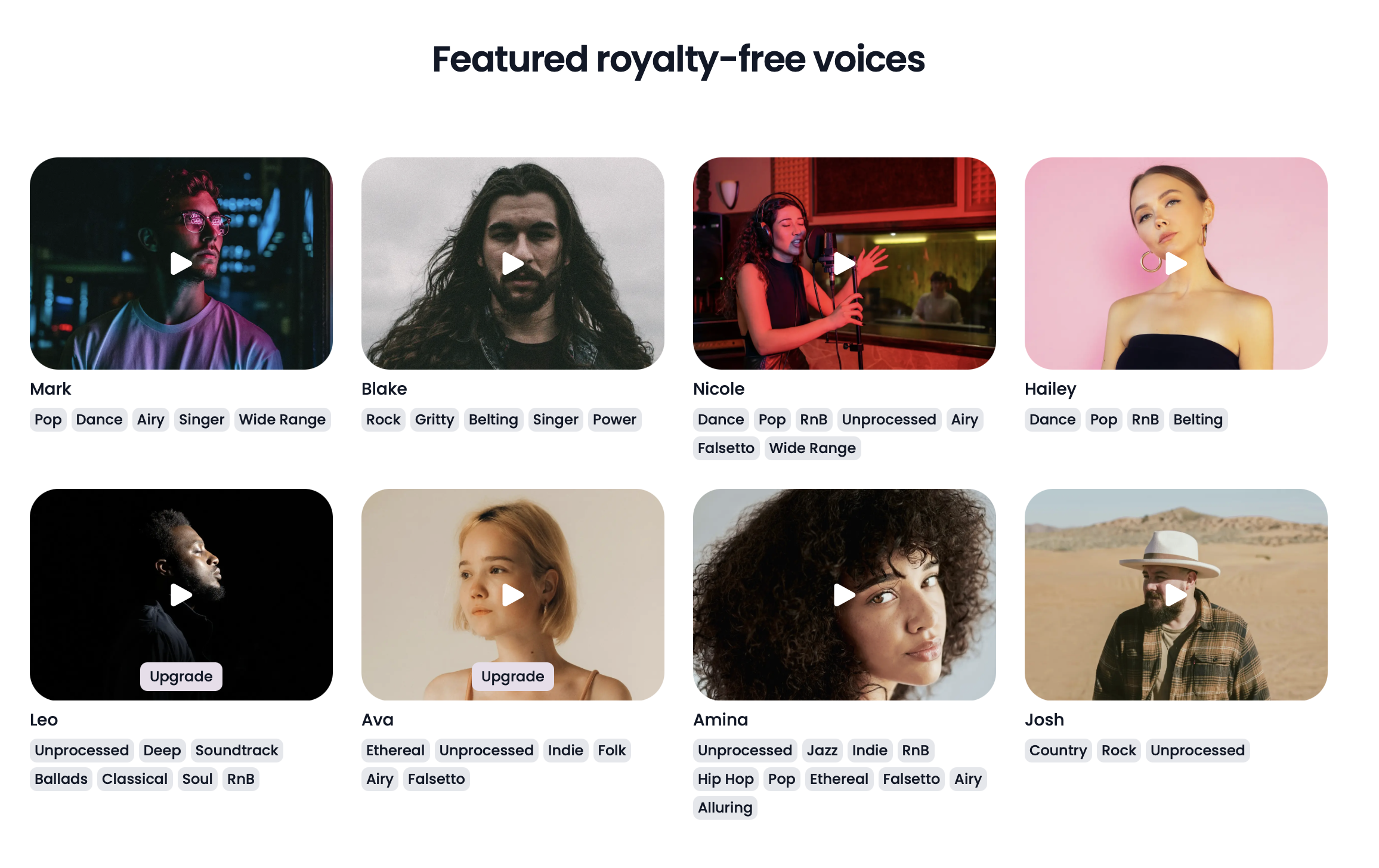
When you consider the environmental impact of AI, its energy and water usage, in an era when we should be focusing on sustainability, coupled with the jobs that it seeks to erase, it’s hard to defend the use of AI technology, though.There are clearer arguments to be made for its use in medicine or how it has been implemented to stop the poaching of endangered species, but in the arts I have yet to come across a convincing argument for its use.
Most people, I assume, are not using AI in any creative way anyhow. Entering a prompt to write lyrics in the style of Leonard Cohen, really is the definition of banality. Please write your own lyrics, hire a session musician to sing your background vocals, and a Mastering Engineer to deliver your final product. While it is cheaper and faster to use these tools, thus their appeal,I have tested quite a few of these services over the years out of curiosity and the results are terrible. Mediocrity, sterility, and the loss of the human spirit are the inevitable outcomes of adopting this tech. Art is always derivative, but it is derivation through a set of unique experiences.
AI “slop” has become the new phrase for this mass dumping of garbage content. The speed at which this content can be produced is no doubt appealing for artists competing in an attention economy. I spent countless hours making the music video for my upcoming release, all while being served endless ads on Instagram for AI music video platforms. I think, as musicians, we first need to drop the conception that we are competing with one another and focus on fostering scenes and communities. Social tech platforms have been very successful in isolating us into singular, comparative mindsets. While we feed on the dopamine of endless scrolling, we are robbed of true meaningful joy. This perceived need for rapid creation mechanisms is the result of another highly addictive and damaging technology, the algorithm.
The algorithmic nature of social media, perhaps even more than AI, is a creative bottleneck. One of the things I have been struck by in my exploration of artist promotion on social networks, is the recommended best practices for virality. Some of the suggestions for training the algorithm include picking a “set” that you use as your standard background, hiding text off screen that includes viral words, and introducing things in ridiculous ways like “you won’t believe what this artist thinks about G7 chords.” Again, this is a tool that can be utilized to try to bring attention to what you actually (hopefully) care about - your music, but what happens when we all try to follow these instructions in the hopes of gaming the computer model? I saw a great critique of this on my thread this week. A visual artist (sorry, I can’t recall the account!) buried one of his paintings and then dug it up, revealing the painting (an “unboxing” video essentially). The text on the screen read, “anything for a view, unfortunately the algorithm doesn’t care about art, I have to do stupid shit like this to promote my work.”
Economic disparity threatens every aspect of our social experiment. Spotify, with its unfair compensation model, not only benefits those artists that need it least, but also creates a model that disqualifies economically oppressed communities and individuals that cannot afford to finance their releases with large budget promotional campaigns. Sam Fender recently described the music industry as rigged, calling it “90 percent kids who are privately educated.” Again, this falls in line with the rhetoric from the top. Supporting artists from lesser means would be supporting DEI initiatives. Better to have the same privileged group of folks singing about the same mundane shit ad nauseum. If that isn’t safe and boring enough for you, maybe sprinkle in some AI vocals, have chat GPT write you some culturally irrelevant lyrics, and make sure to introduce all your videos with the same click-bait rhetoric. That should seal the deal on being truly unexceptional, complacent, and finally replace art with kitsch bullshit once and for all. Maybe if you’re lucky, you can pay the new director of the Kennedy Center to play your vanilla soft-serve for a crowd of folks who have also been subdued into a soulless existence.
I remain hopeful.
It has been my experience that the majority of creators have not fallen prey to any of this in any meaningful way. They continue, in large, to serve the essential role of the artist. Thank you for staying true to yourselves and your purpose and not bending to the will of a handful of morally bankrupt, truly uncool tech bros.
I write this in realization and solidarity, though, that we have all been unwillingly subjected to this environment - its true purpose; making record profits at the expense of serving the community. This is not a judgment of those at the bottom struggling to get their message heard, making fractions of pennies, and using the sparse tools at their disposal. If temporarily adopting some of this bullshit helps you pay your bills, trust me, when I say that I support your actions. Being your own agent, promoter, business manager, marketing director, artistic director, photographer, recording engineer, songwriter, performer, etc, all while maintaining another day job is not a task that anyone who hasn’t given this a go will understand in any meaningful way.
I am writing this, as stated in the beginning of this diatribe, mainly as a way of expressing my disbelief and in the hope that we will someday live in a world where art funding will be prioritized over the senseless brutality of the war machine and the prison industrial complex.
As is tradition, I present you with my playlist from last month, somewhat laughably as a Spotify playlist
Following this exploration of the state of music, and recent revelations about David Ek, I am going to consider closing my personal “fan” Spotify account. This means the potential loss of years of curated playlists.
I went through something similar recently when I divested from Wix. This undoubtedly hurt my SEO results right as I was releasing my first Heavy Capt. album and cost me a ton of time as I essentially needed to learn basic coding to move my entire site over to neocites, a community I am near certain will not be complicit in the deaths of innocent people any time soon. If I can figure out a way to quickly migrate my playlists to another, slightly less evil platform (suggestions welcome!), I will do so in the coming months. For the time being, Spotify remains the largest streaming platform by large margins, so my music will reluctantly remain on their site. Maybe someday we will have platforms and companies that don’t routinely, wildly inconvenience us by violating basic ethical standards. One can dream.








